
If you suffer from gas, whether it's after eating certain foods, during "that time of the month" or chronically, you know just how uncomfortable, embarassing and downright painful it can be. Gas and bloating can sometimes leave you feeling desperate for relief, but thankfully there are plenty of things that can help.
More from MamásLatinas: 40 Healthy smoothies to help you get back to yourself postpartum
There are tons of all-natural herbs, spices and other ingredients that can help relieve and even prevent gas when eaten as a regular part of your diet or prepared specifically as a gas-aid tea or drink.
And of course, there are also certain lifestyle changes you can make to help keep bloating at bay and reduce the chances of painful gas developing. Click through our gallery to get gas help now.
Spices: Spices have long been used to heal the gut.
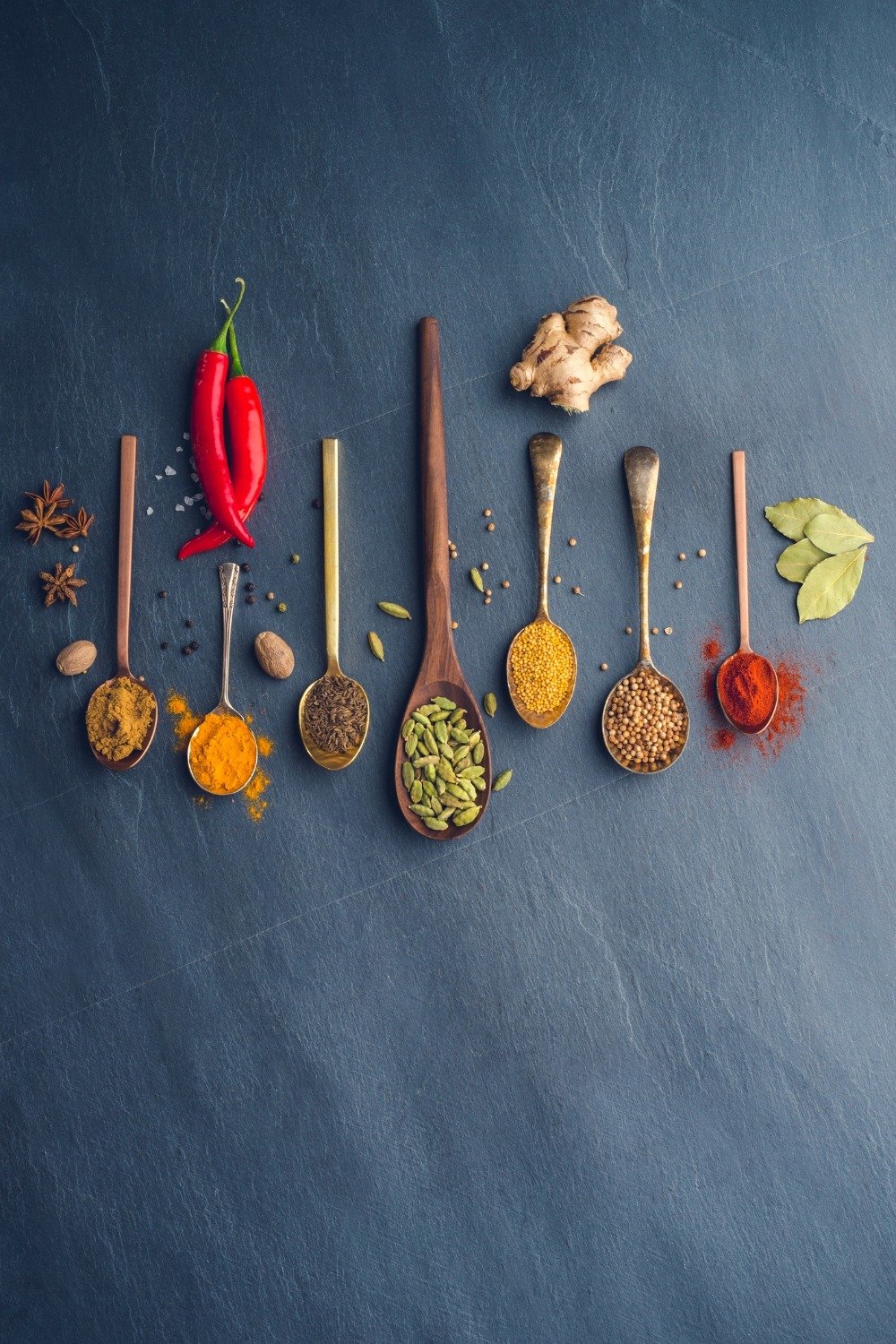
Before modern medicine spices were utilized to heal almost all gastrointestinal ailments including gas and bloating.
Spices: Cayenne pepper works fast.
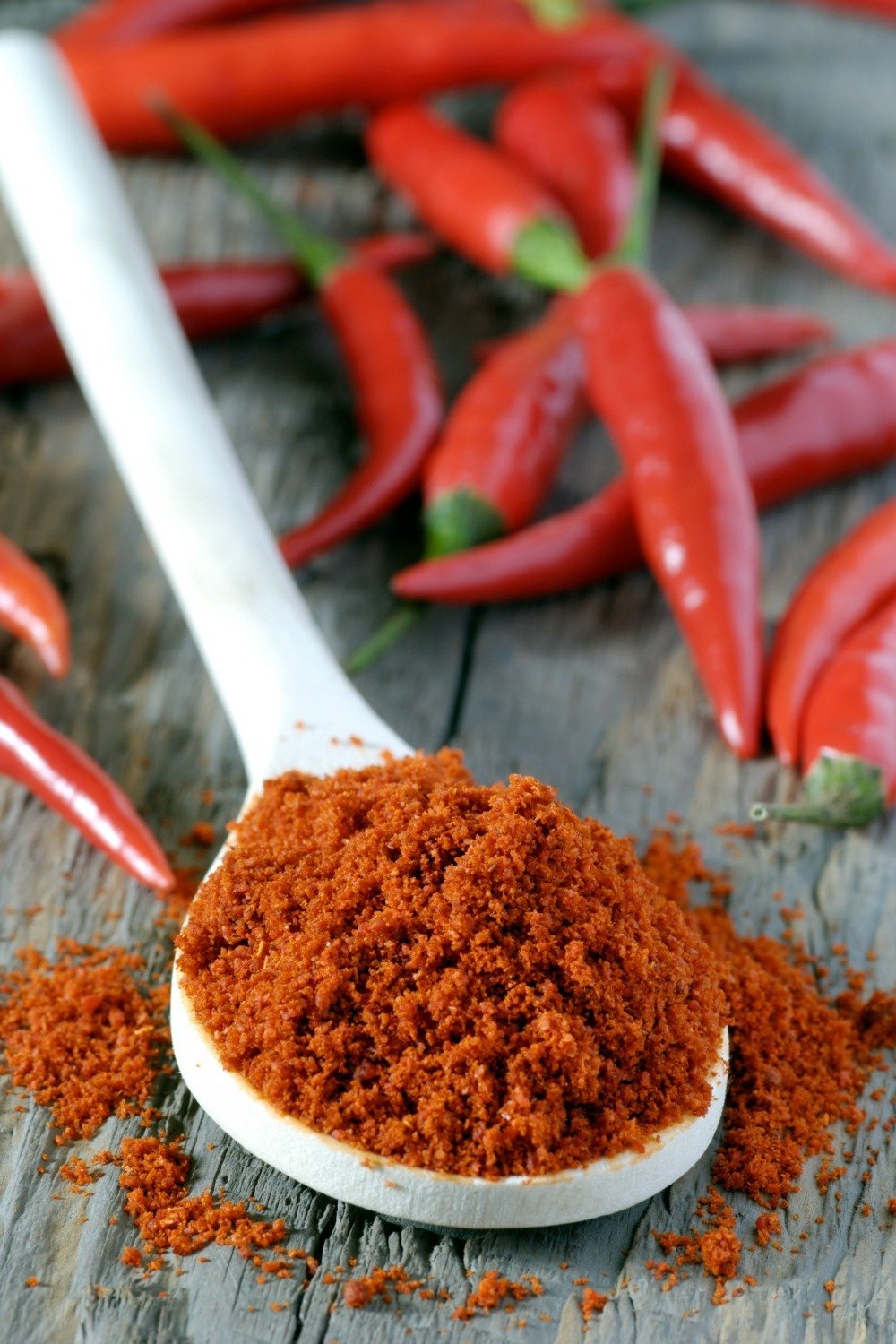
The first few days of my period I always suffer from extremely painful gas. One day I was desperately searching for a fix and discovered that cayenne pepper is a quick fix for bloating. I made a drink with the pepper, water and apple cider vinegar and within five minutes of drinking it, I felt so much better!
Spices: Herbalist use anise to aid digestion.
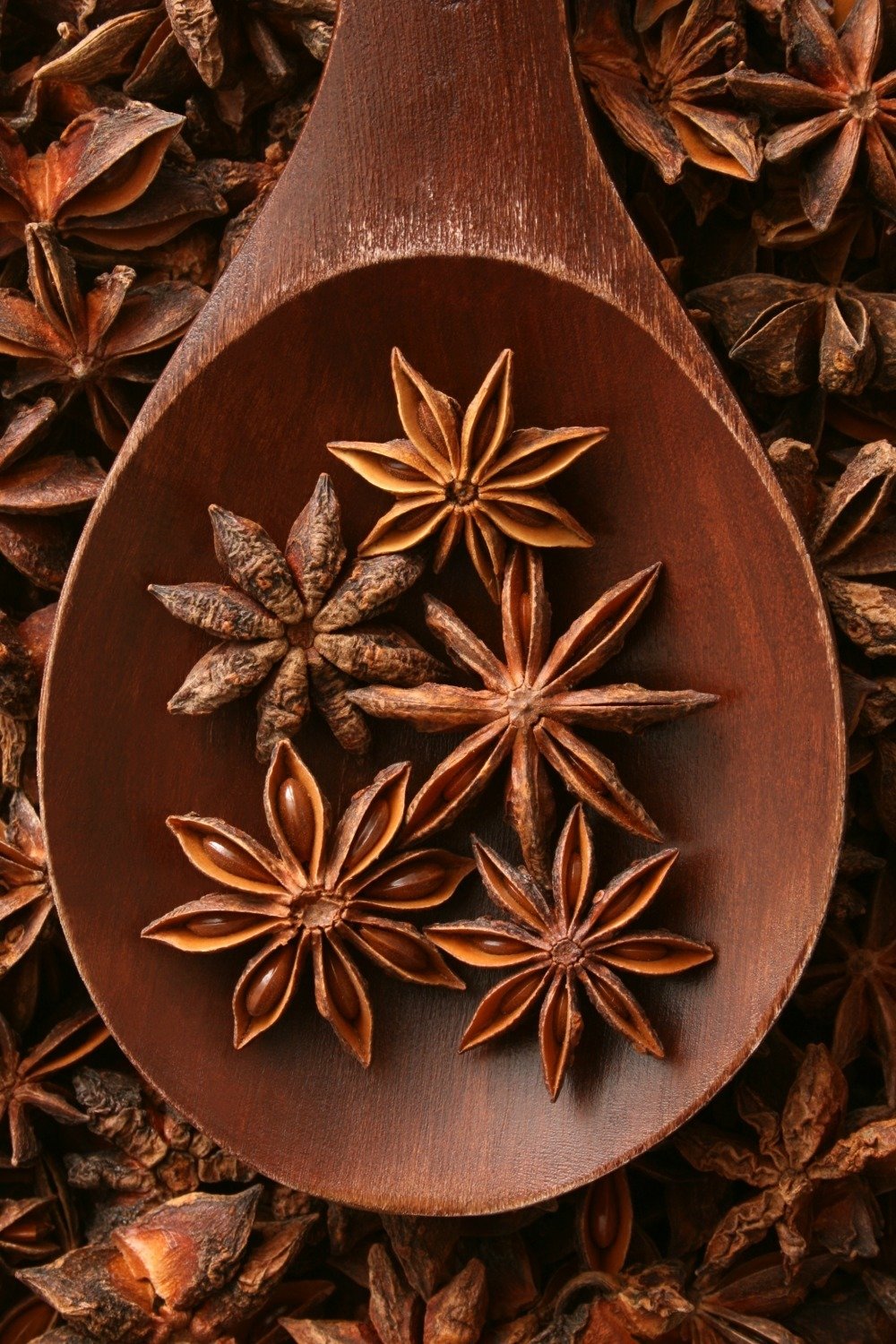
Anise has long been used by herbalist and natural healers to help with indigestion, gas and bloating. You can drink it as a tea, infuse water with it or munch on some anise biscuits.
Spices: Cilantro can prevent gas.
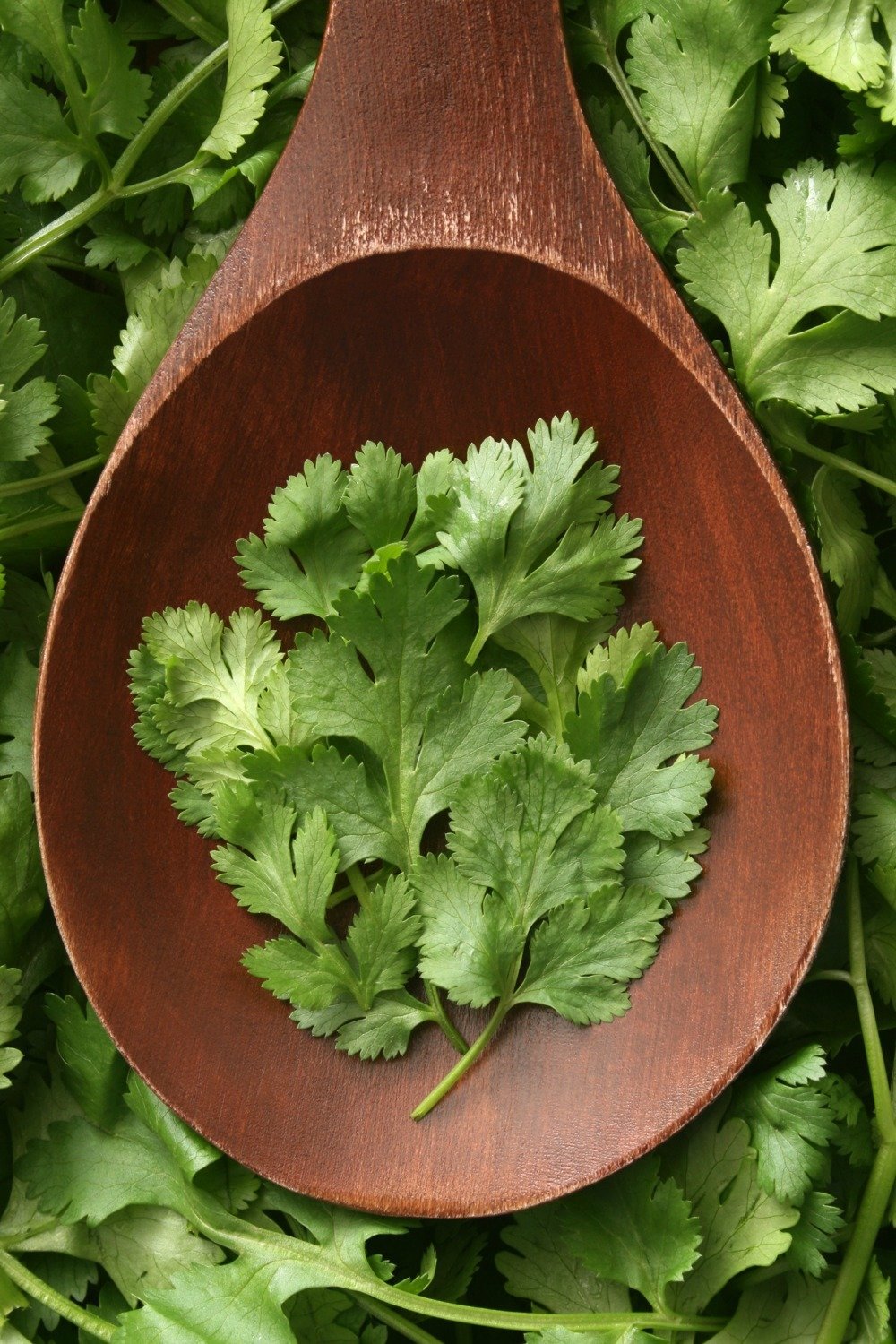
Cilantro has historically been used in preparation of more gas producing foods like beans and legumes to help counteract some of the gas-causing properties of those foods. Include it in recipes to prevent bloating and gas or chew a few pieces to relieve gas.
Spices: Black pepper is good for prevention.
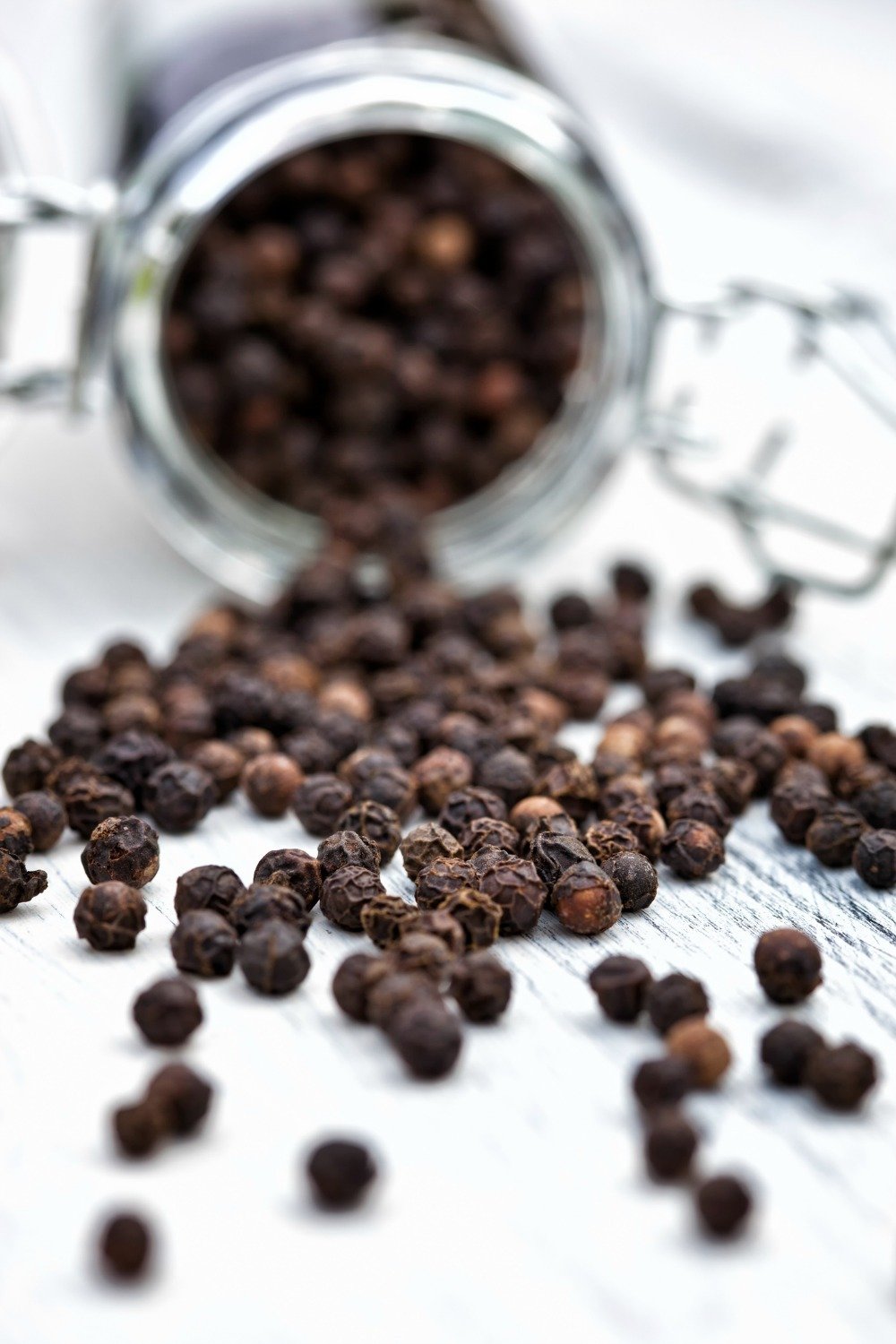
Black pepper is categorized as a carminative–a substance that relieves flatulence. As a regular part of your diet it can help prevent gas from forming during digestion.
Spices: Turmeric is a strong anti-inflammatory.
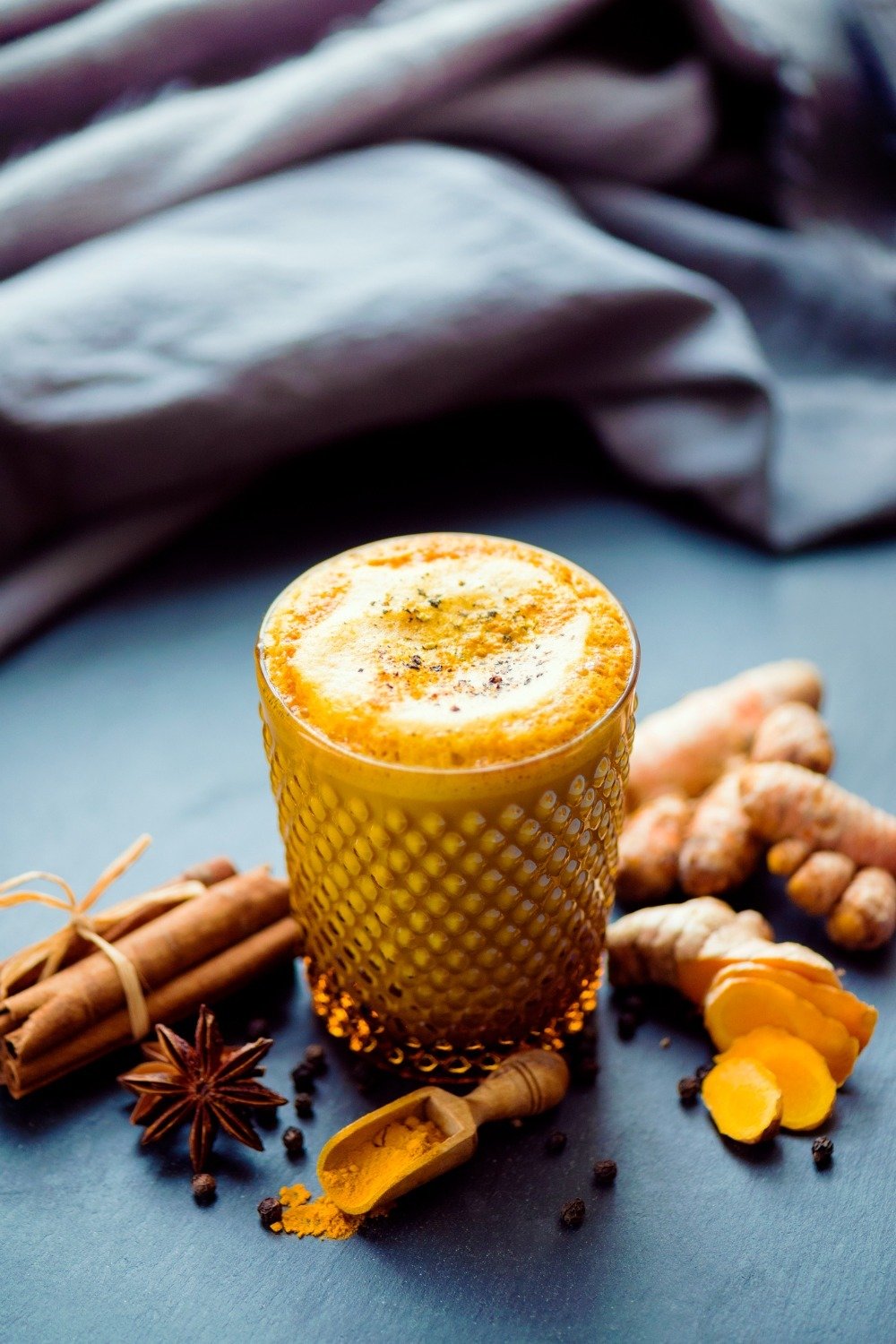
The potent anti-inflammatory properties of turmeric are excellent for keeping the digestive system functioning well, which leads to less gas and bloating. Make up a yummy latte with a plant-based milk.
Spices: Cloves can provide immediate relief for gas.
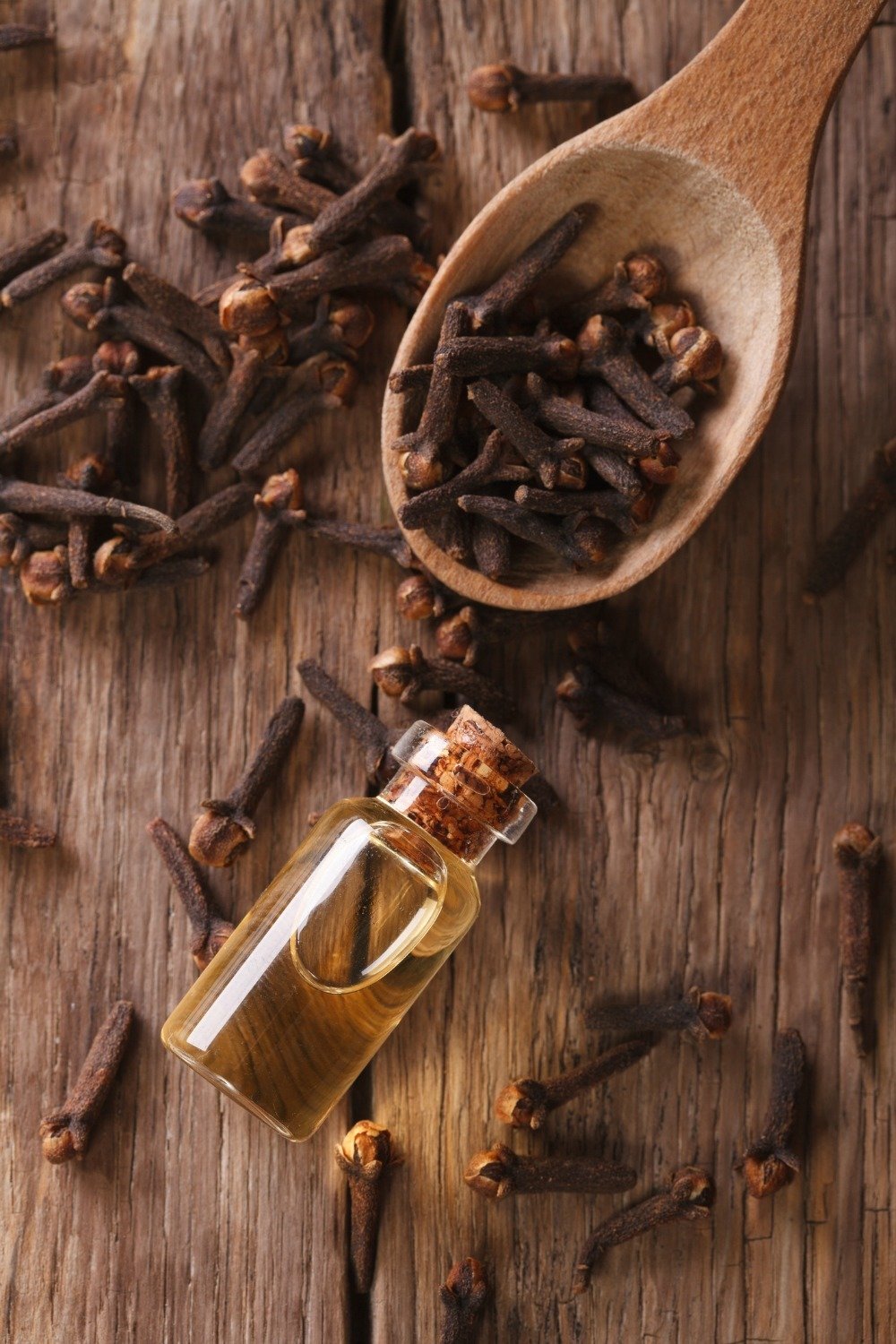
Crunching on a few whole cloves when you're experiencing any gas pains can help you get some quick relief from the pain and discomfort.
Spices: Cumin can help with gas too.
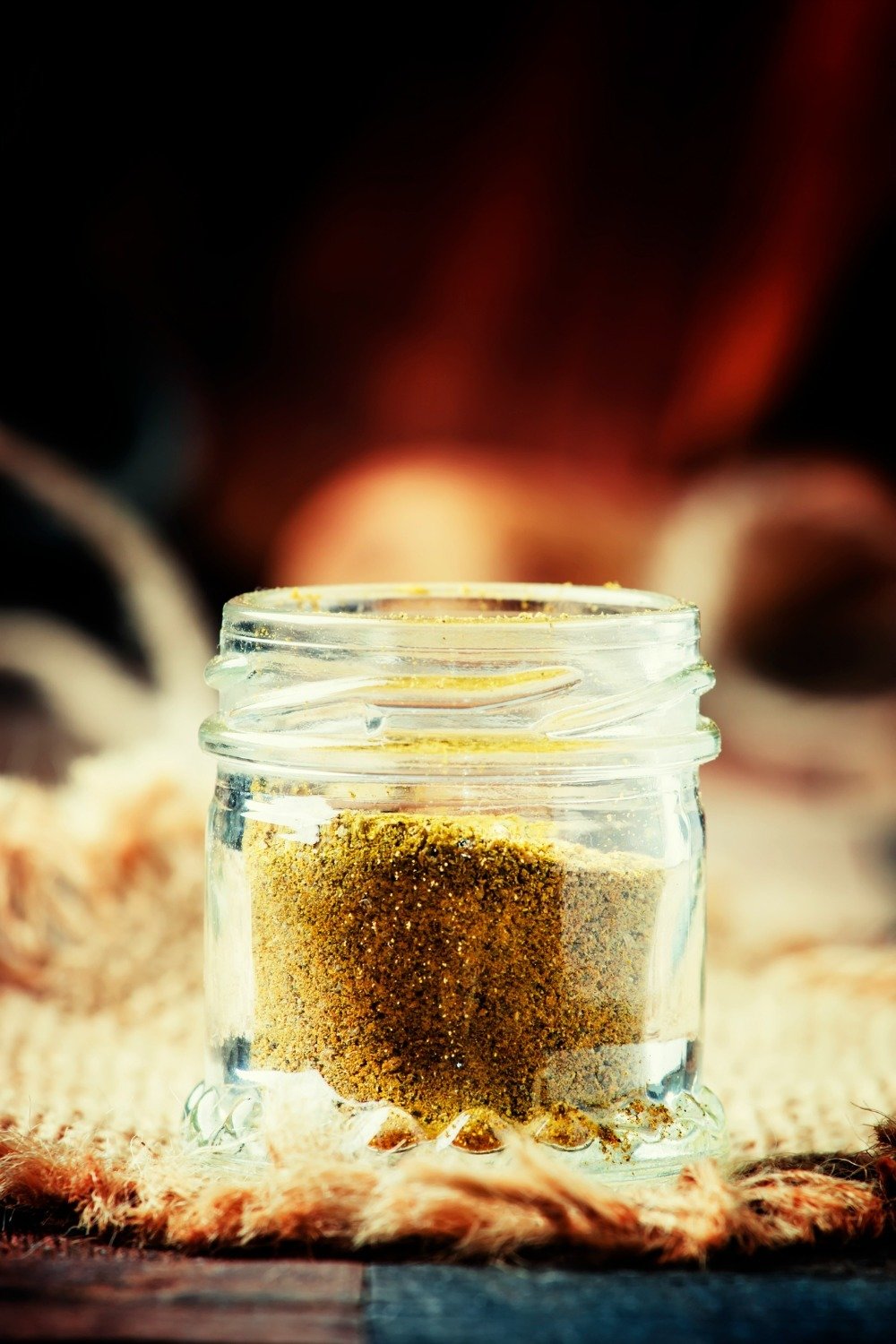
Cumin stimulates the salivary glands and increased saliva production aids digestion, helping gas move through your system more easily.
Spices: Caraway is tasty and helpful.
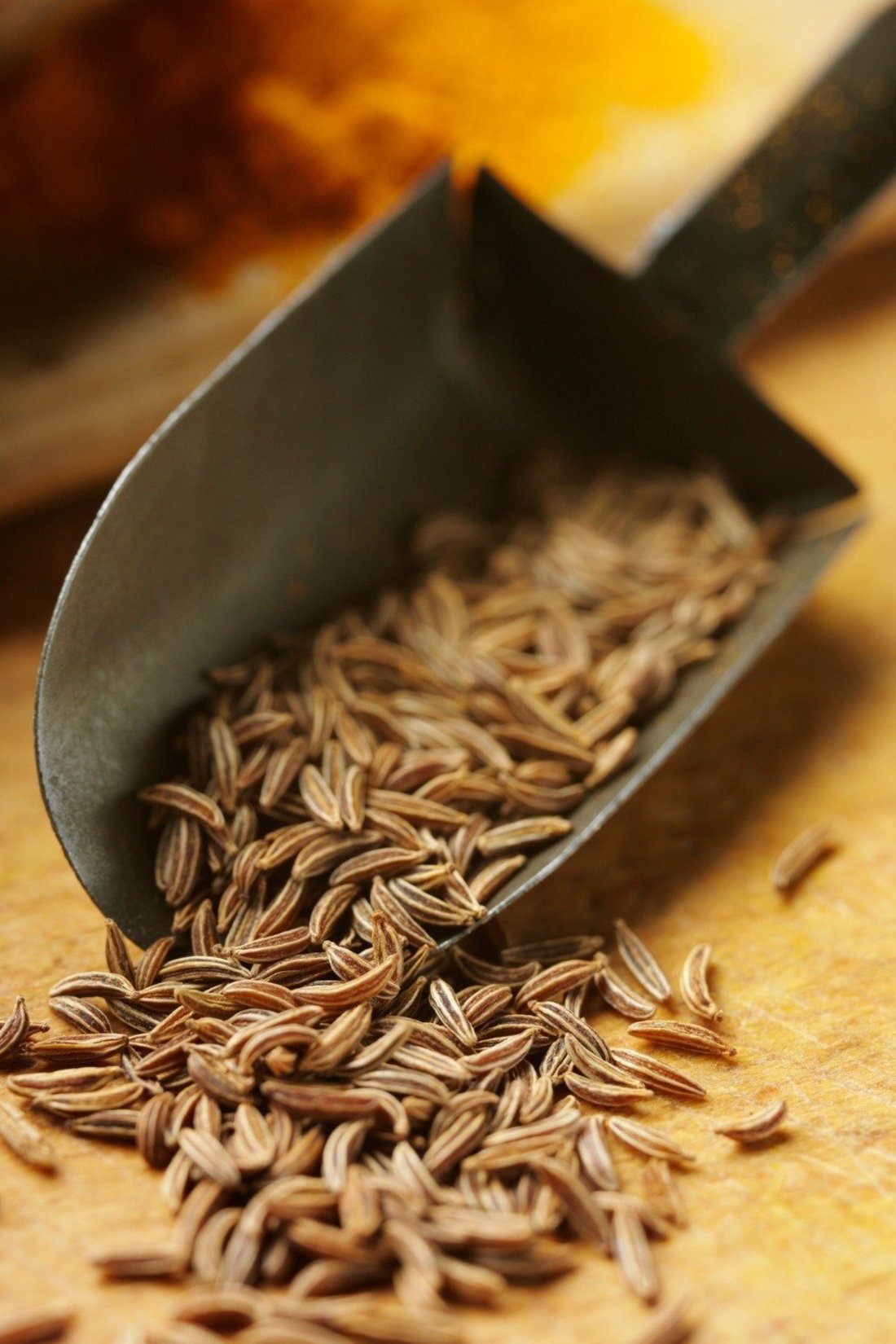
Just like fennel seeds and cumin seeds, caraway is a carminitive and digestive aid that can reduce the occurrence of gas and relieve gas pain when you do get it. Use can steep it in hot water to make a tea or eat caraway crackers to help relieve symptoms.
Herbal Tea: Lots of herbs can help relieve gas.
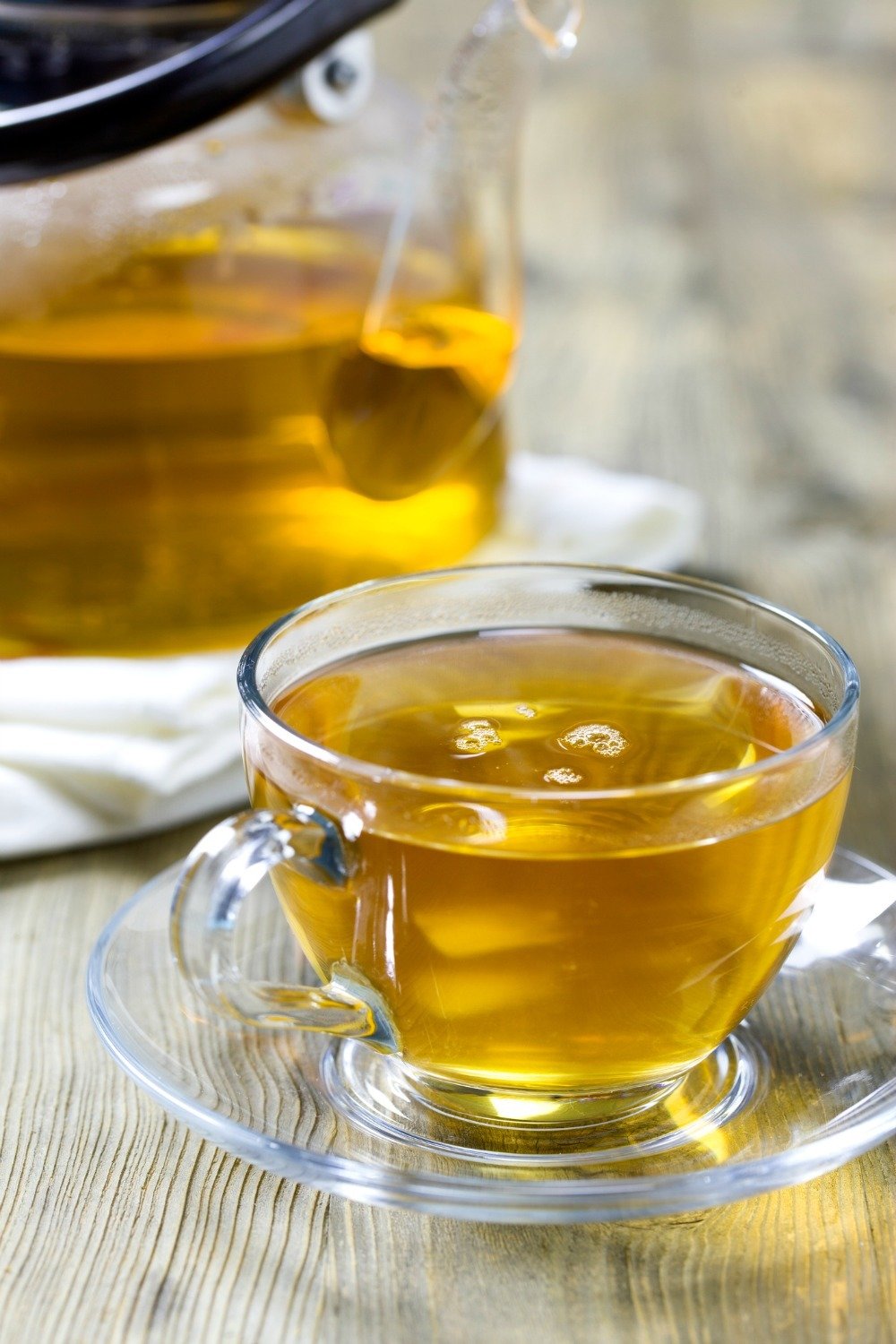
Lots of herbs are useful for relieving gas, bloating and other tummy ailments. Tea is often the easiest and quickest way to reap the benefits.
Herbal Tea: Ginger soothes gas pains.
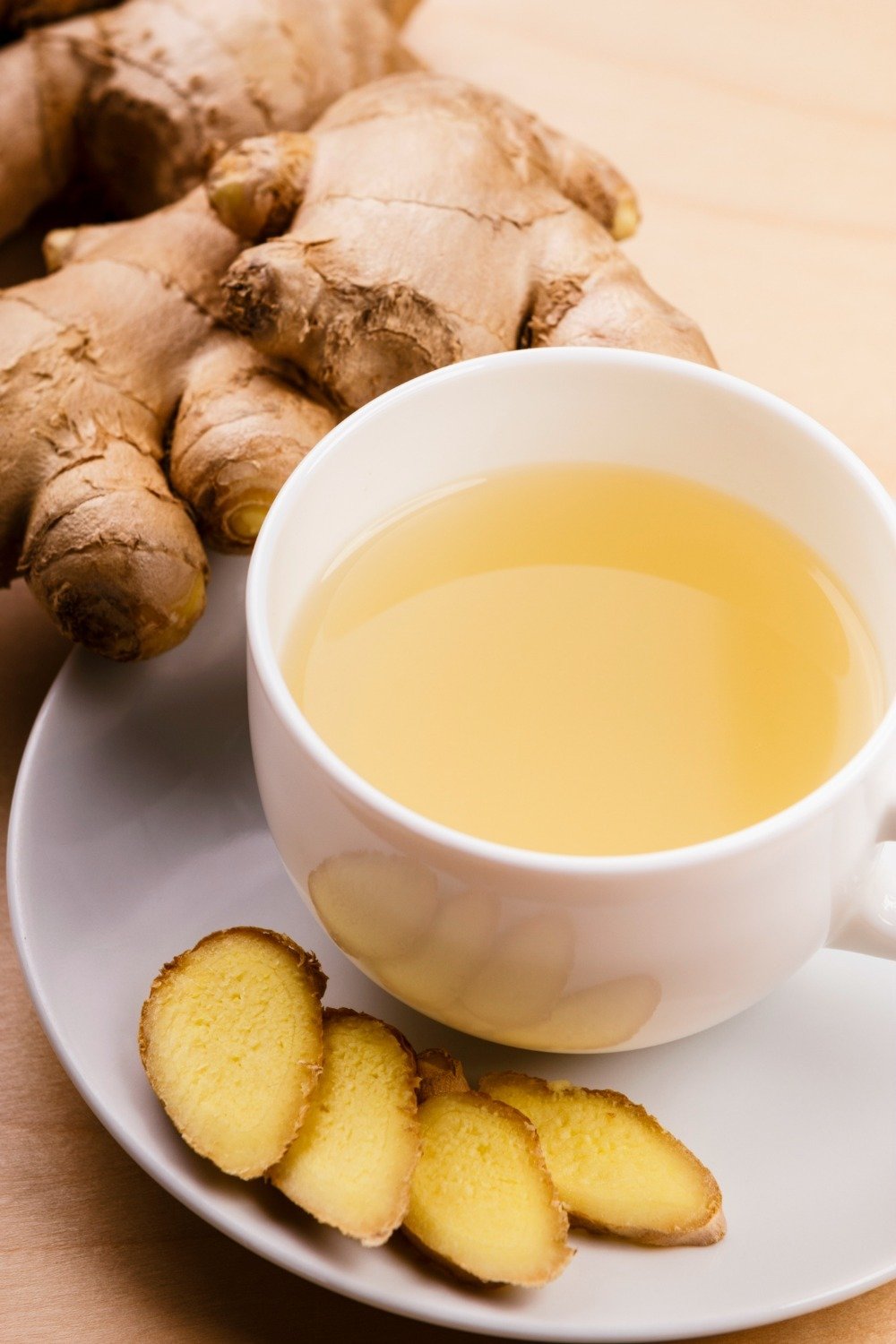
Growing up my mom gave us ginger tea for pretty much every tummy related illness. It works wonders for relieving any digestion-related pains and can help stimulate your system so gas moves through more quickly.
Herbal Tea: Chamomile is also a carminative.
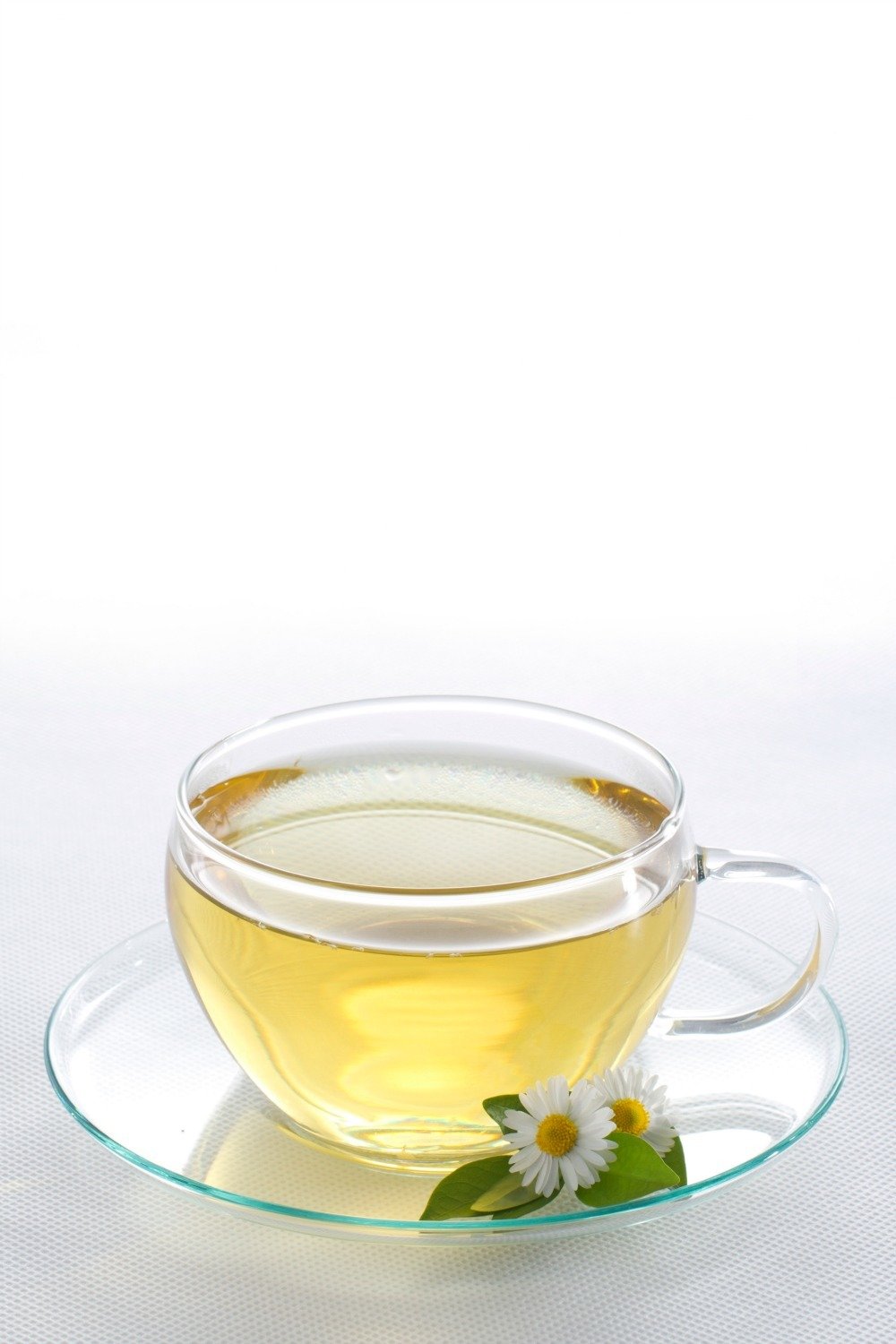
Chamomile tea is an antispasmodic and a carminative and can help relax digestive muscles and relieve gas.
Herbal Tea: Fennel is a tummy tamer.
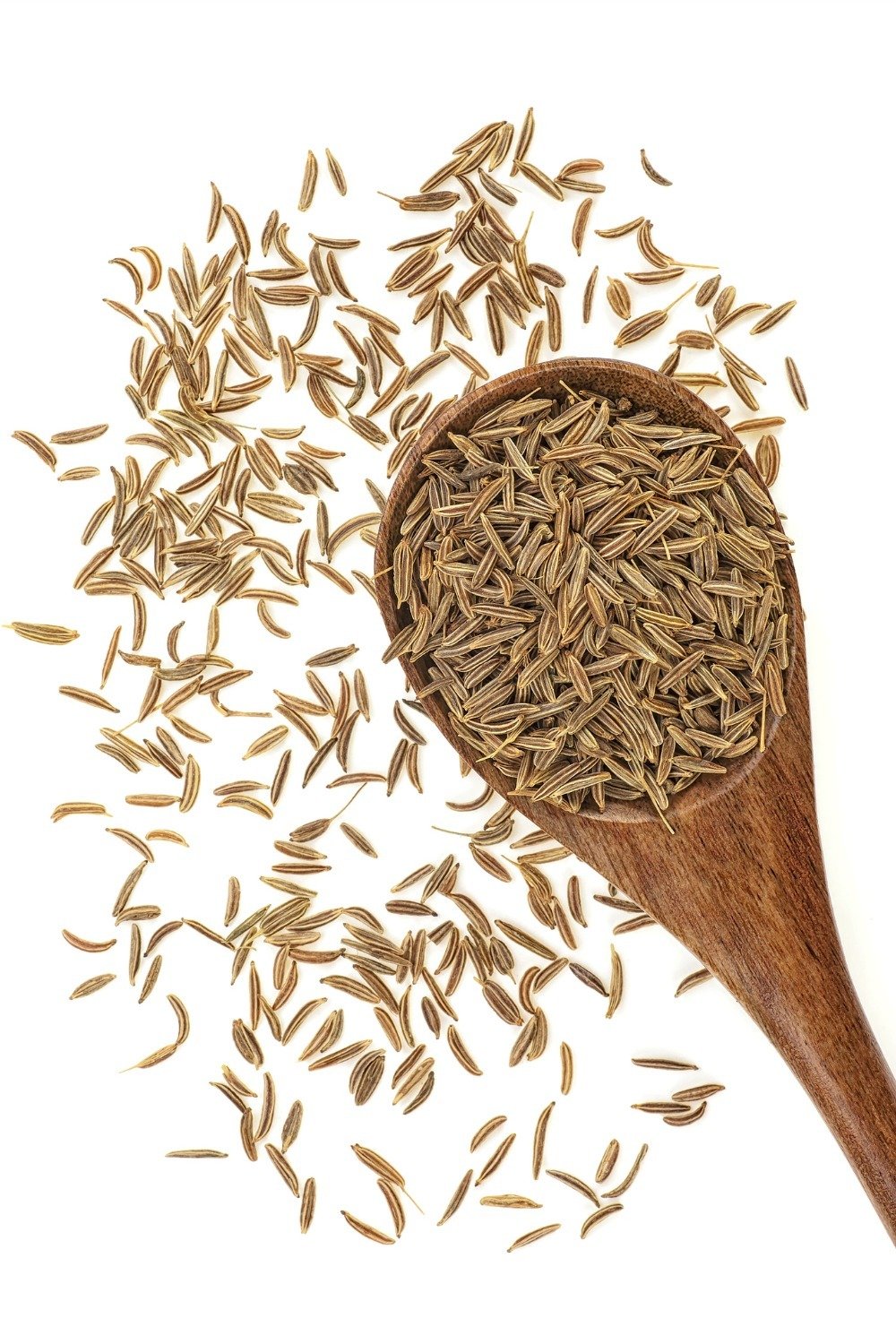
Fennel is a really common ingredient in herbal teas, and it's a good thing too. The licorice-tasting seed is great for curing indigestion and the associated gas pains.
Herbal Tea: Hot lemon tea can soothe the stomach.
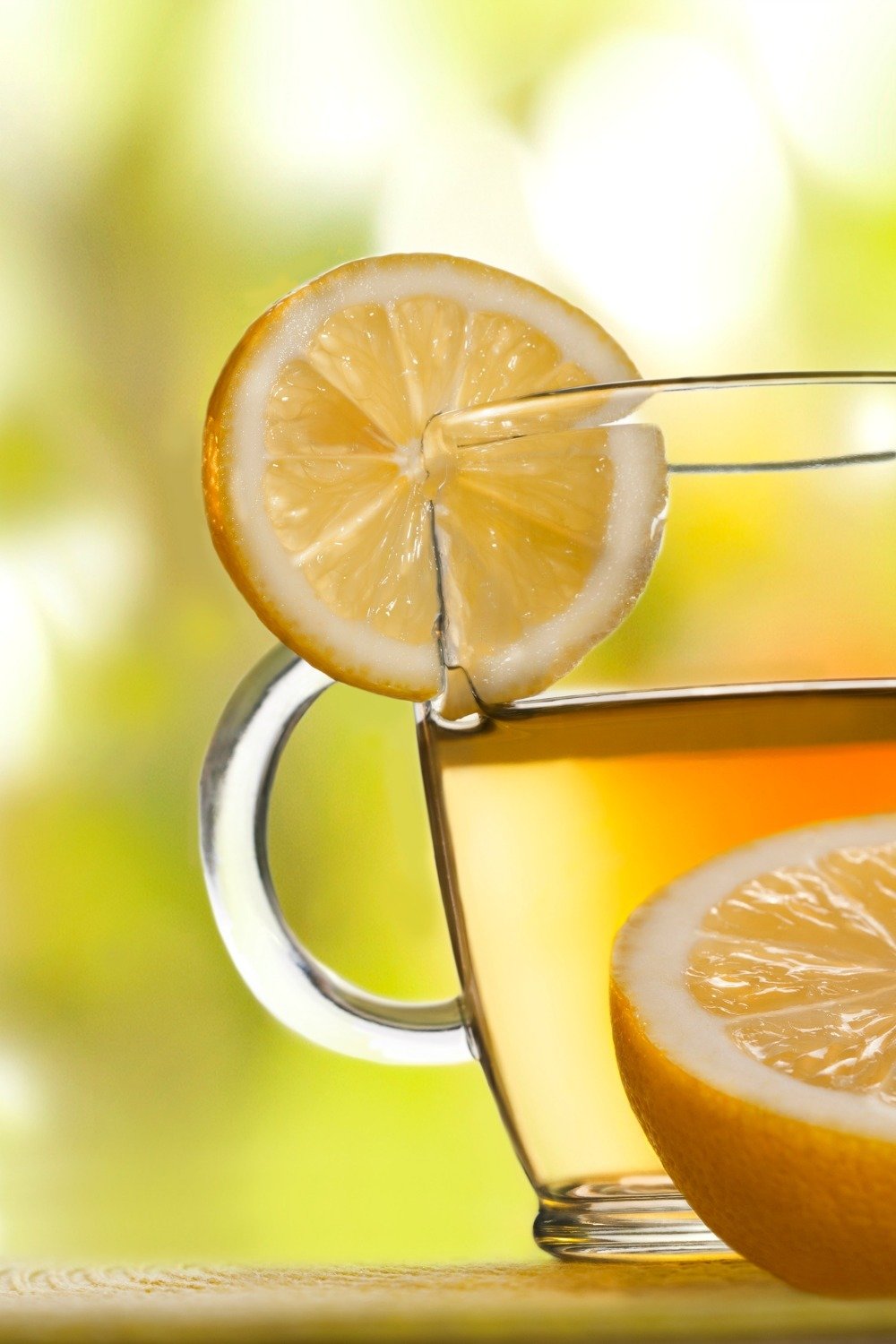
Lemon is known to help relieve gas, especially when prepared as a tea or squeezed into hot water with honey. You can buy a natural lemon flavored tea or add fresh lemon to your favorite soothing herbal tea.
Herbal Tea: Dandelion tea works to get rid of gas and bloating.
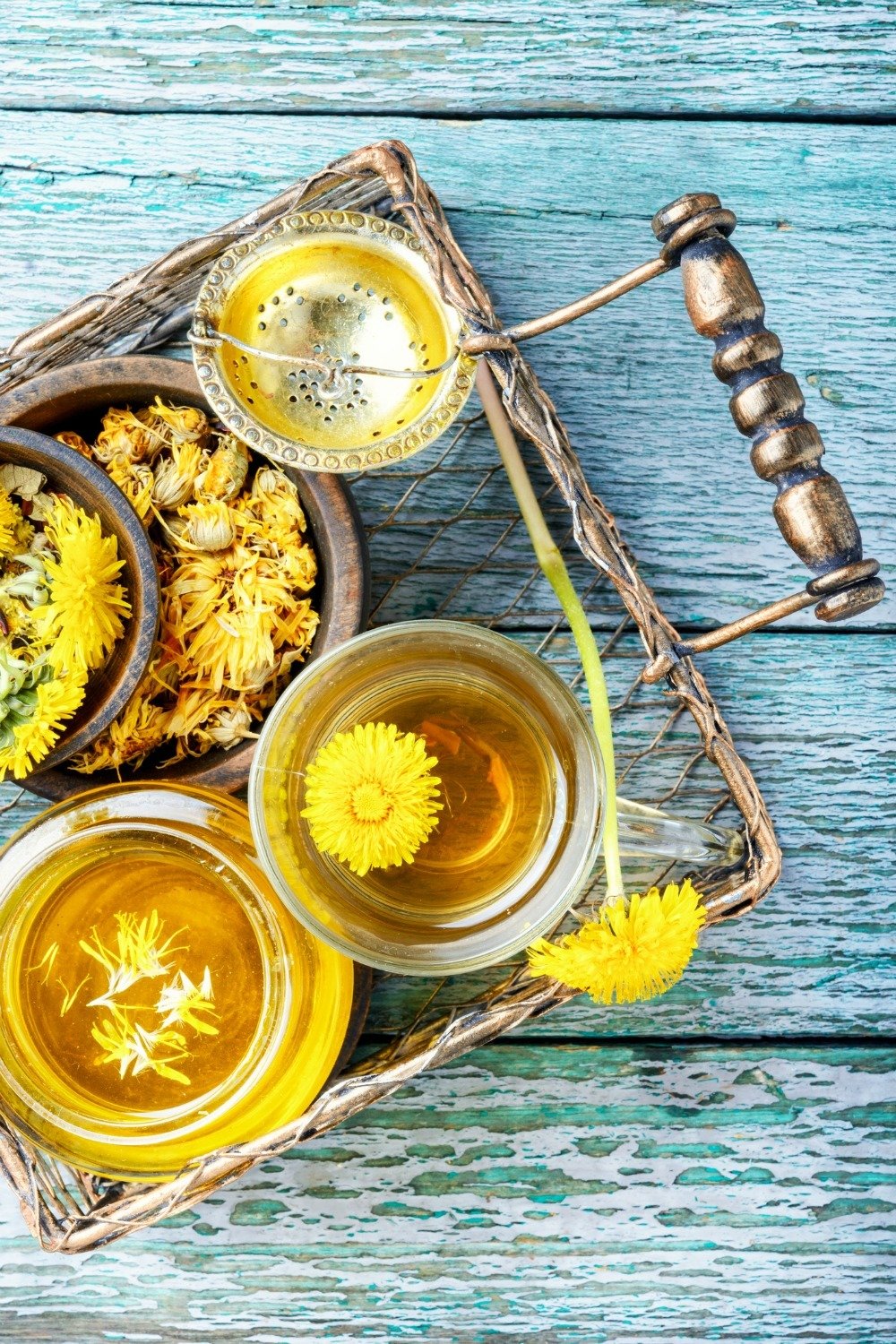
Dandelion tea has traditionally been used to alleviate gas and bloating. You probably don't want to pick the dandelions out of your yard to consume, so it's good news that dandelion tea is becoming more and more common on grocery store shelves.
Herbal Tea: You can feel immediate relief with mint tea.
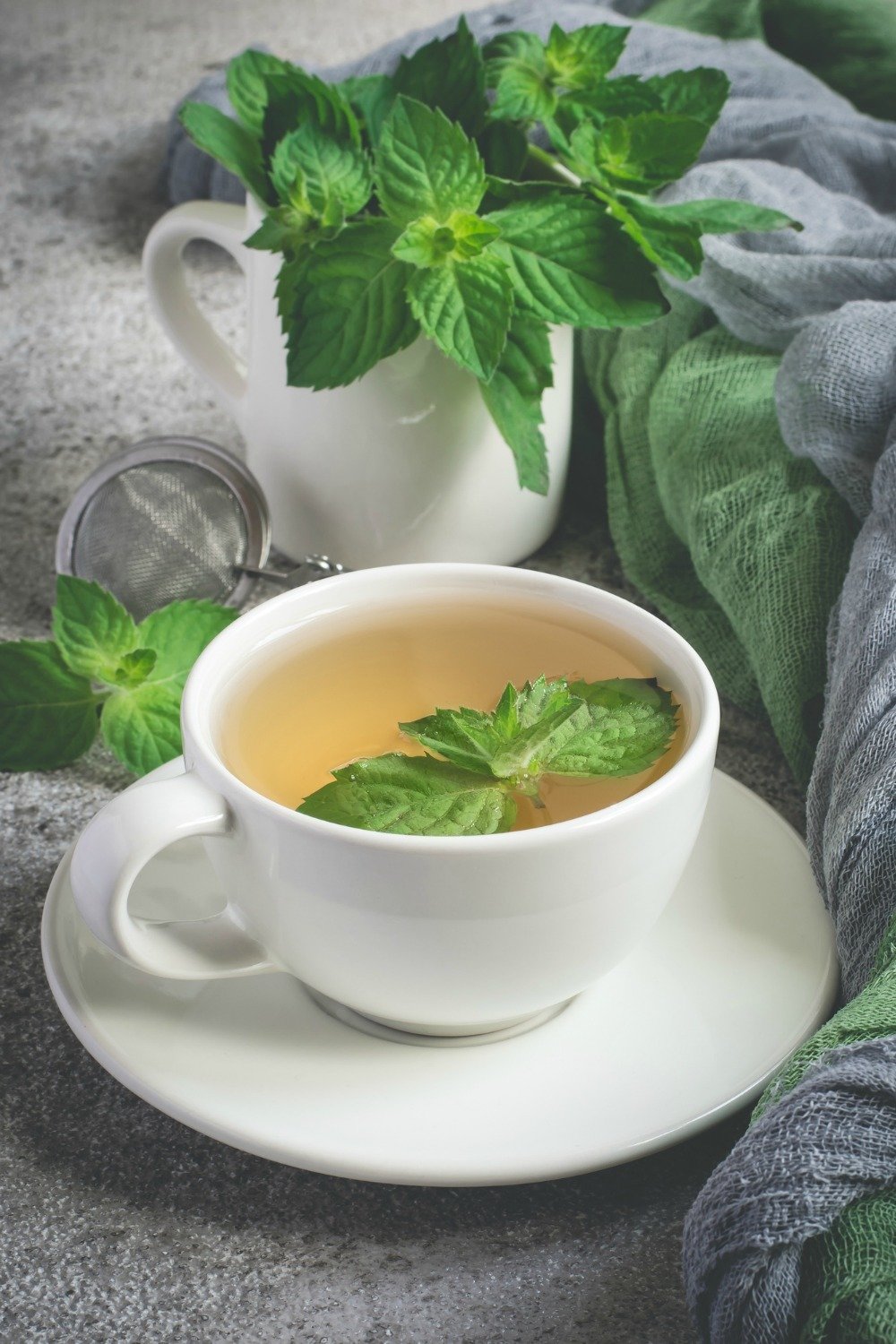
Mint is excellent for tummy ailments including gas. Just keep a box of mint tea in your pantry and drink slowly to relieve gas pains.
Other Foods: Lots of herbs, spices and other foods are good for gas relief.
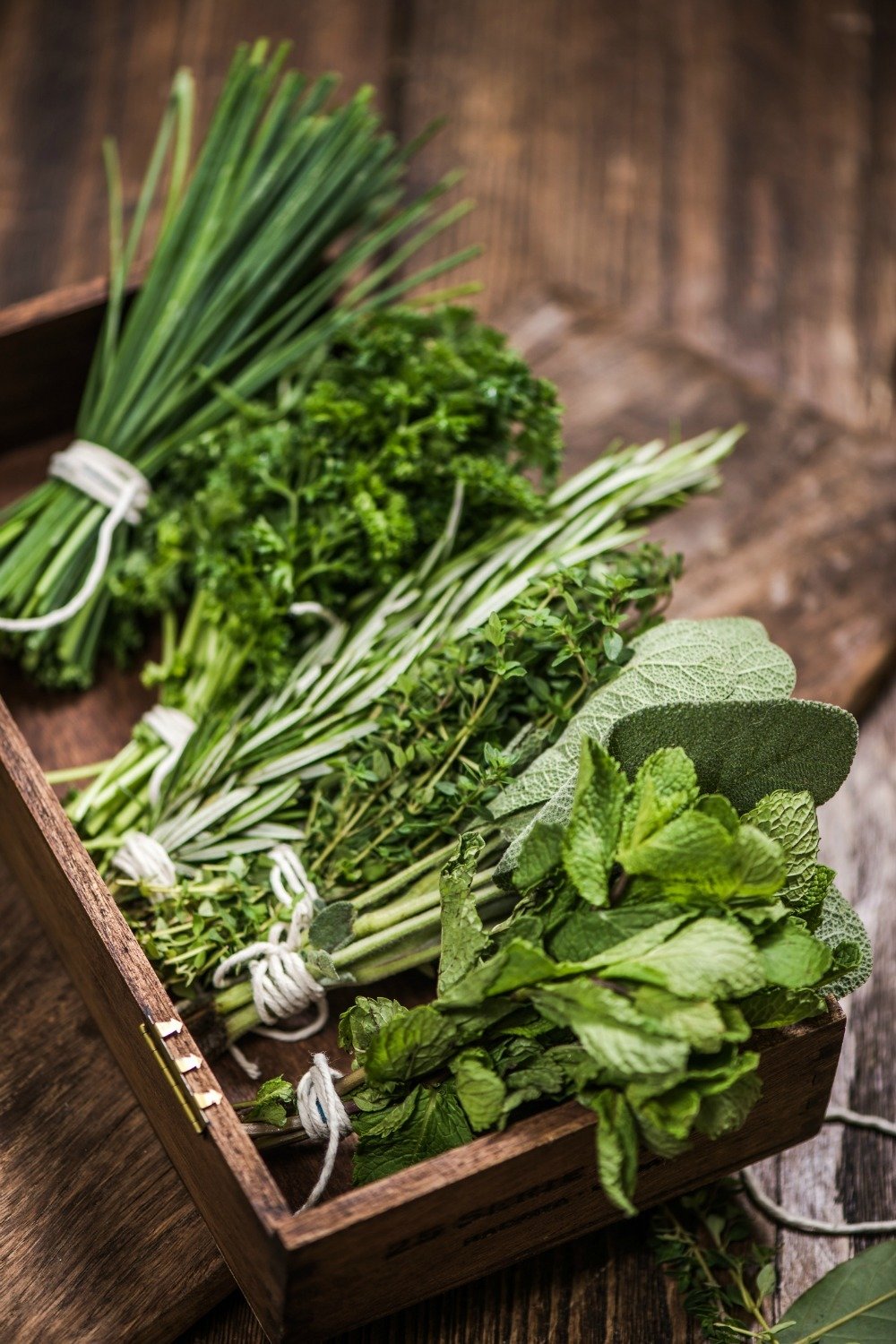
Let food be thy medicine! Lots of foods including some unexpected ones can help prevent and alleviate bloating and gas.
Other Foods: Baking soda is a natural antacid.
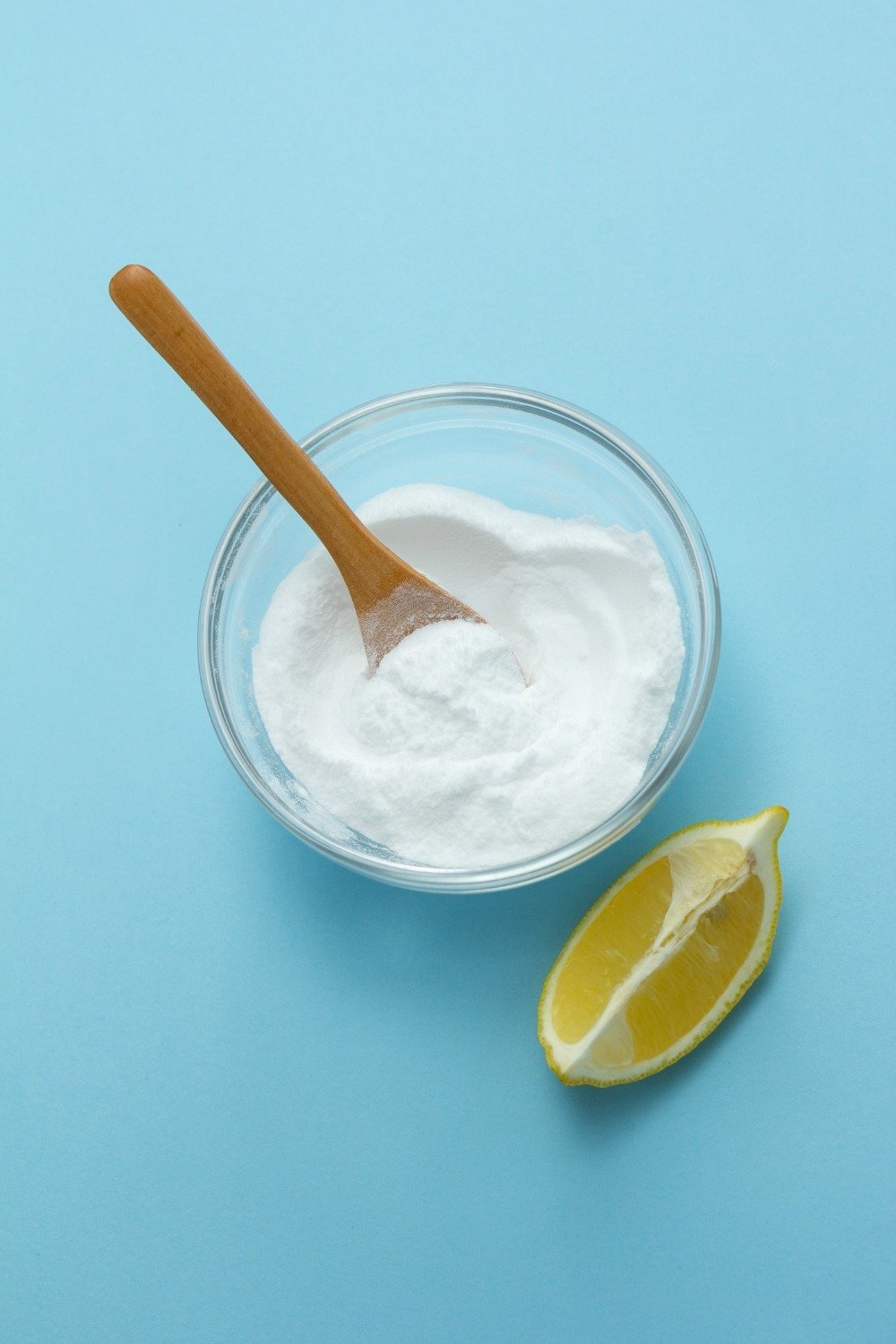
Drinking a mixture of one teaspoon of baking soda dissolved in one cup of warm water can help ease gas. You can even add a squeeze of lemon juice for more gas relieving power.
Other Foods: Thyme can provide relief.
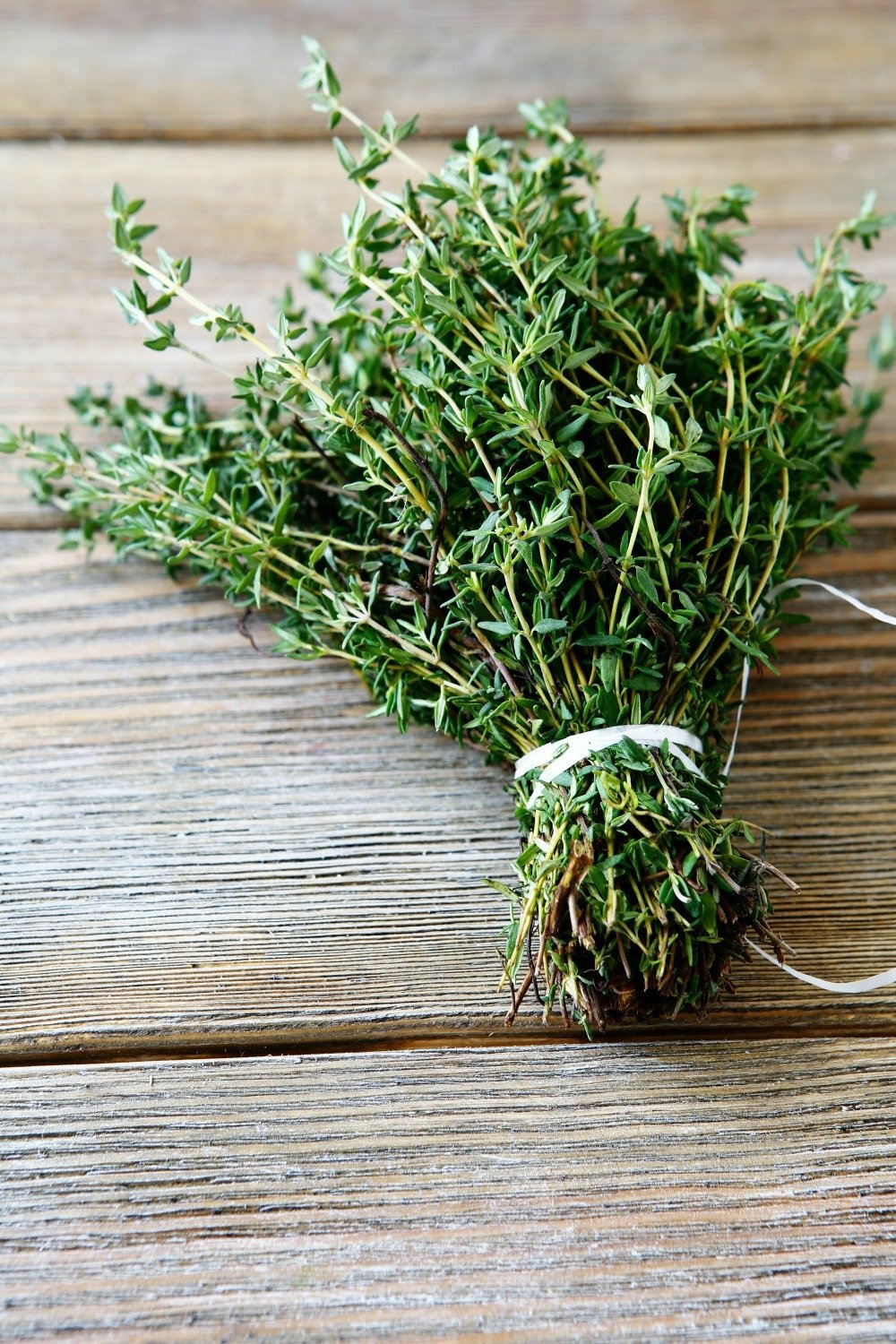
The herb thyme has tons of health benefits including gas relief. You can add it to your food like you do with cilantro and parsley, you can use thyme essential oil or you can simply steep it in hot water and drink it.
Other Foods: Garlic stimulates digestion.
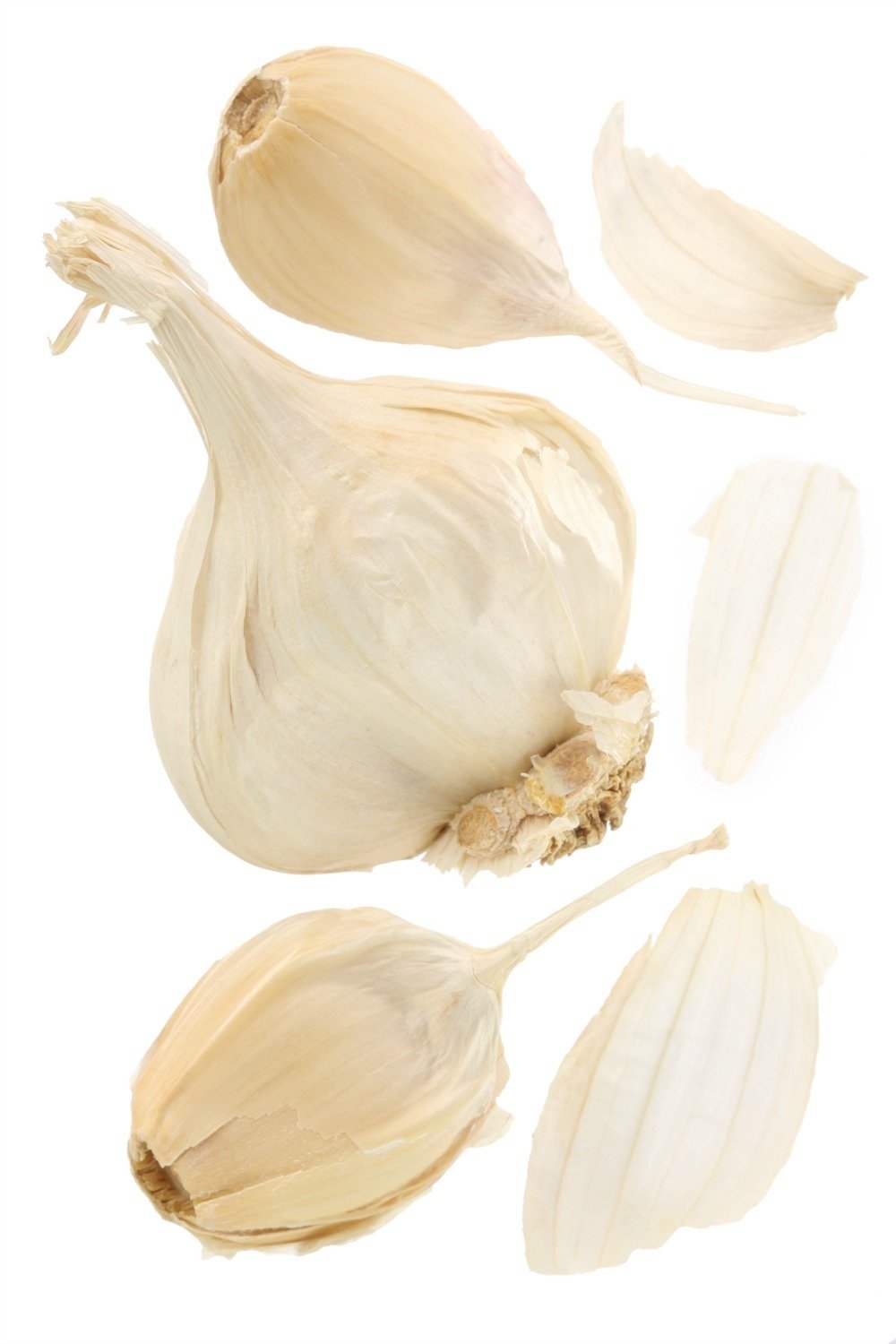
Garlic contains properties that stimulate digestion, which can get gas moving out of your system. You can take a daily garlic supplement or if you can handle it, eat a raw clove or make a garlic soup for faster relief.
Other Foods: Parsley works similarly to cilantro.
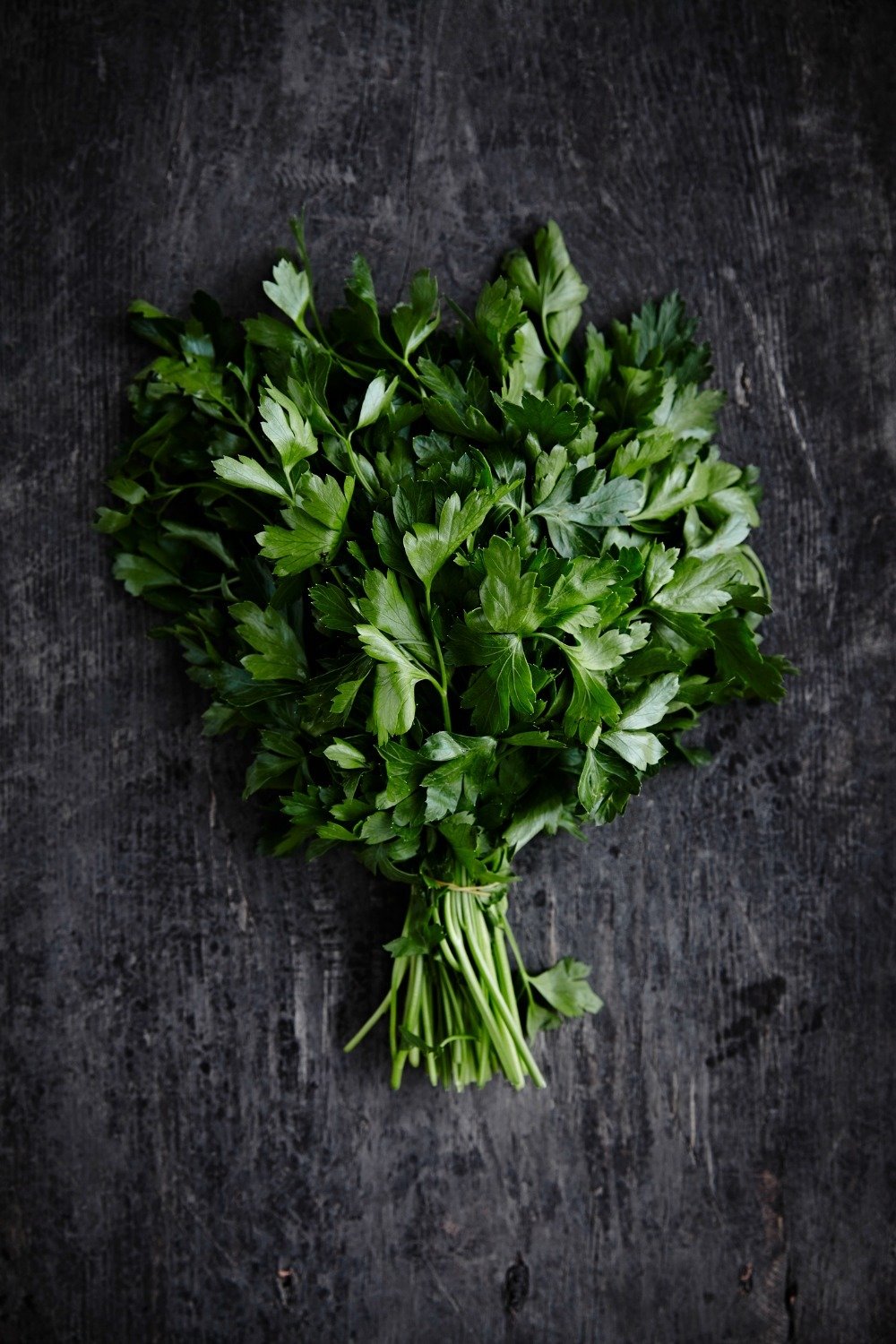
Like cilantro, preparing recipes with parsley can help prevent gas. You might not want to drink parsley tea, but you can also steep a few stems with your favorite tea for fast relief.
Other Foods: Include pumpkin in your diet.
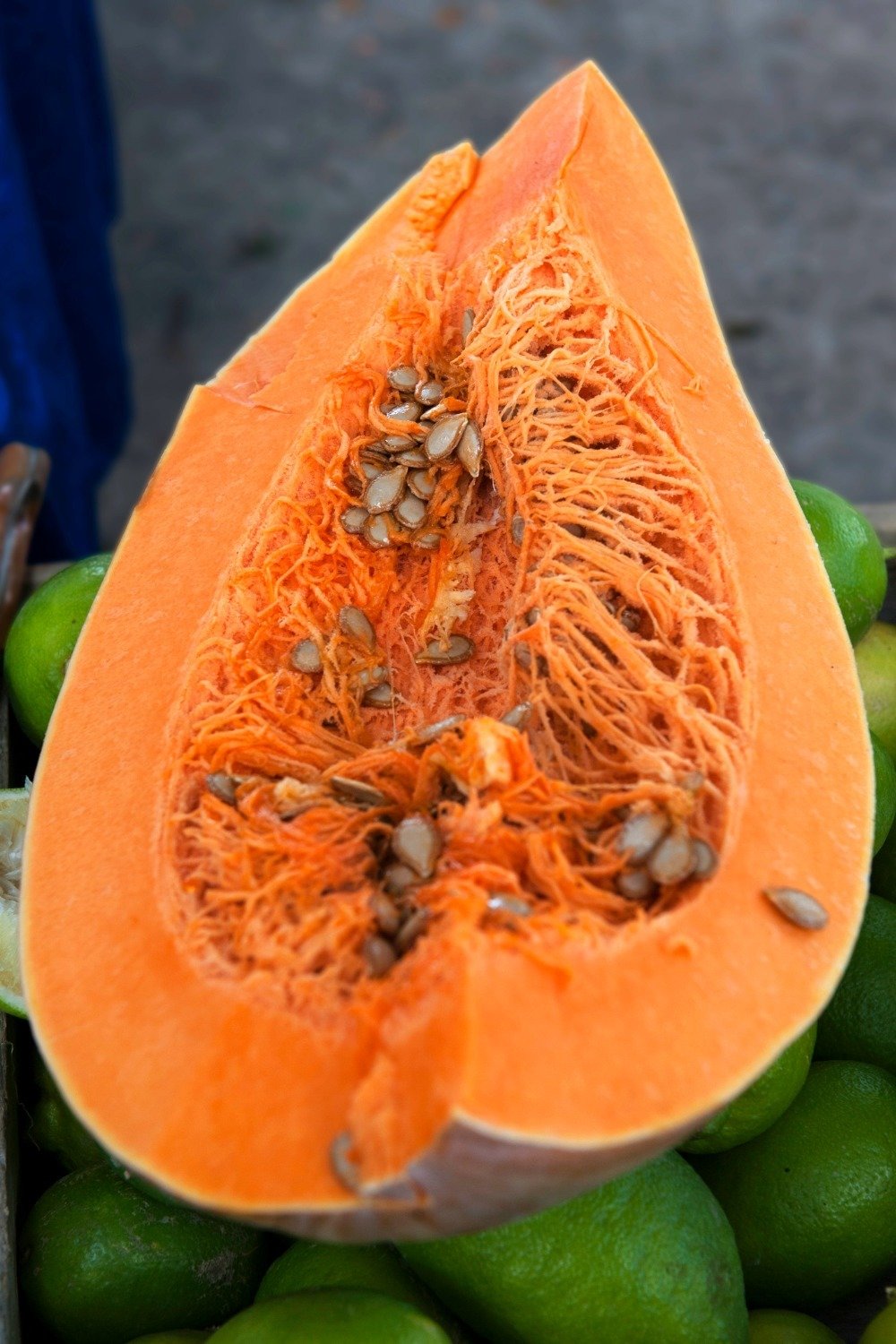
Pumpkin is a good source of potassium and has a high water content, so including it in your diet regularly can have a positive effect on digestion and keep you from getting bloated and gassy.
Other Foods: A spoonful of mustard can make a difference.
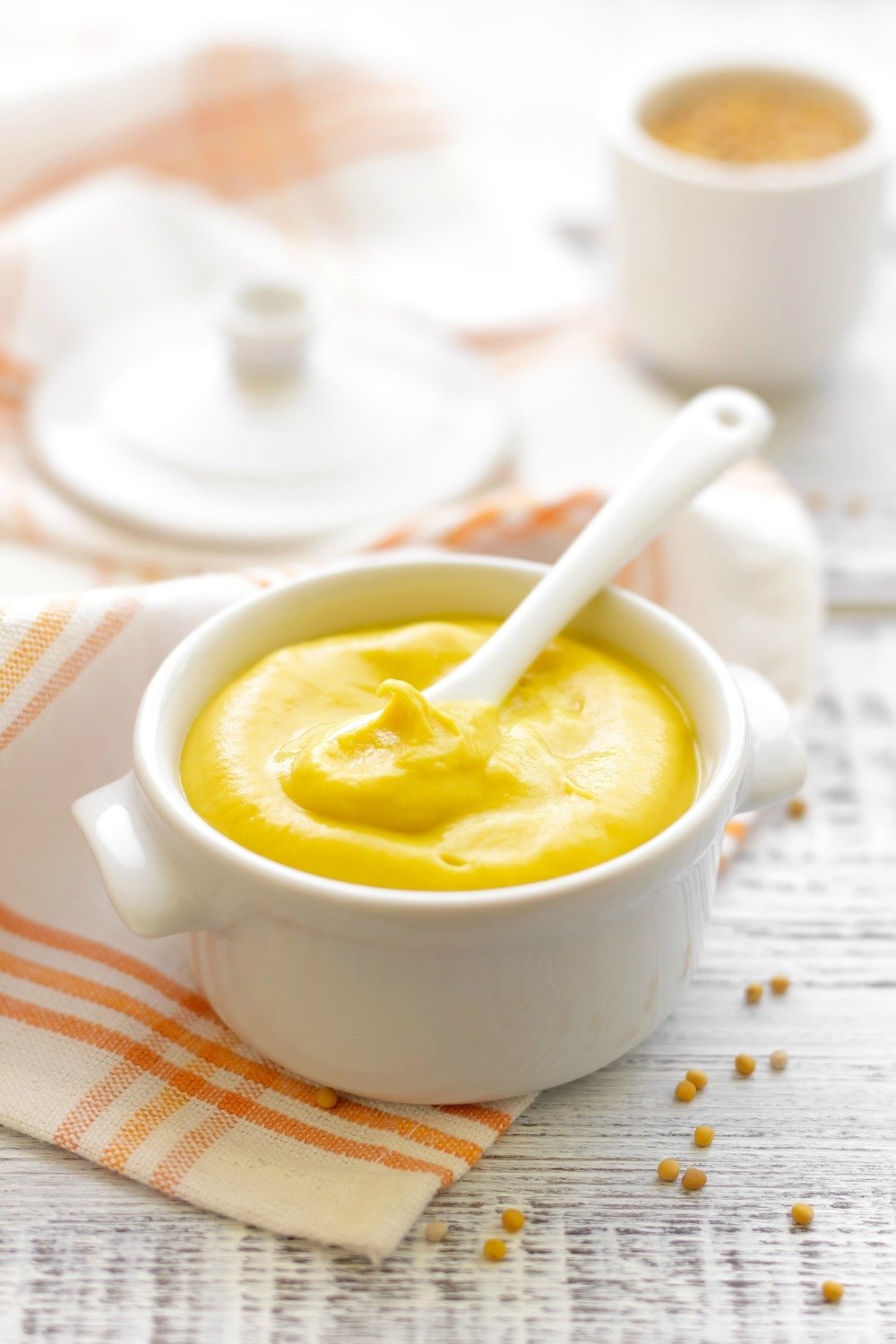
Mustard causes salivation which help stimulate digestion to get gas moving out of your system, but it's also an antispasmodic which helps muscles involved in digestion work more efficiently. Include it as a regular part of your diet or eat a spoonful at the onset of symptoms.
Other Foods: Chew on celery leaves to ease gas pain.
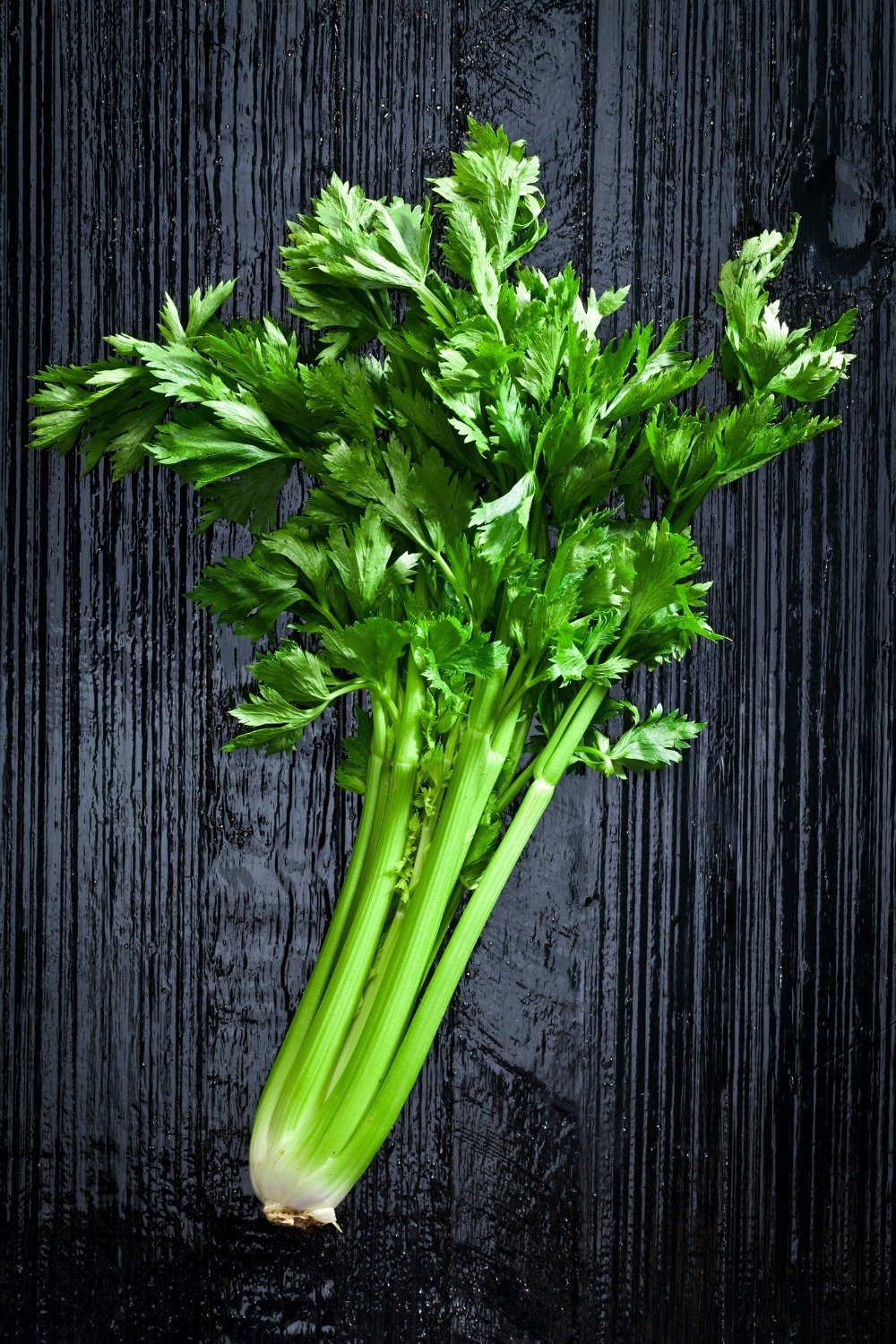
Celery has anti-inflammatory properties which can reduce inflammation in the digestive tract resulting in improved digestion and less gas.
Other Foods: Papaya has an enzyme that breaks down fiber.
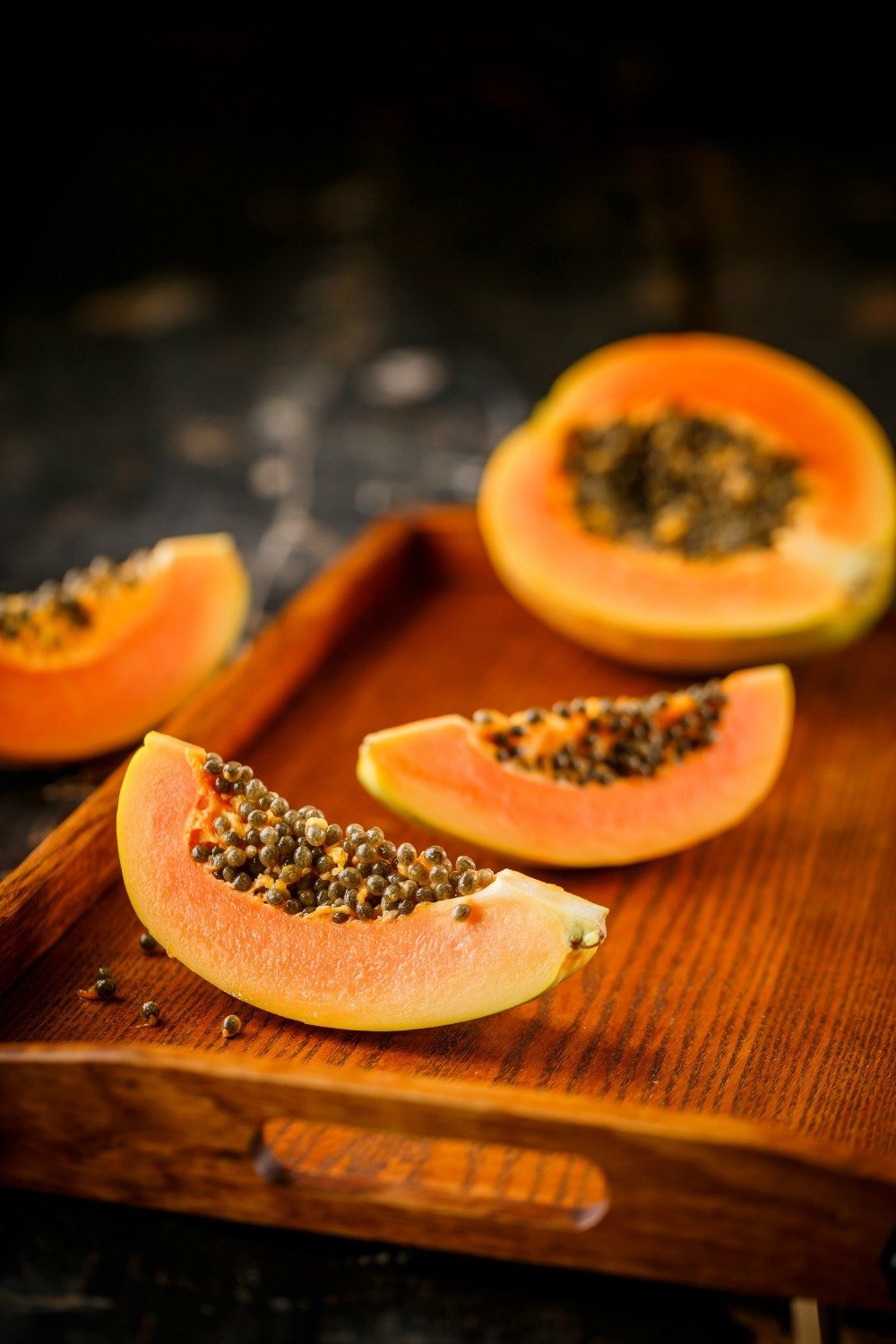
Fibrous foods are known to cause gas and papaya contains an enzyme that can break down that fiber to help prevent and relieve uncomfortable gas.
Natural Supplements: Other natural supplements can also help prevent and relieve gas.
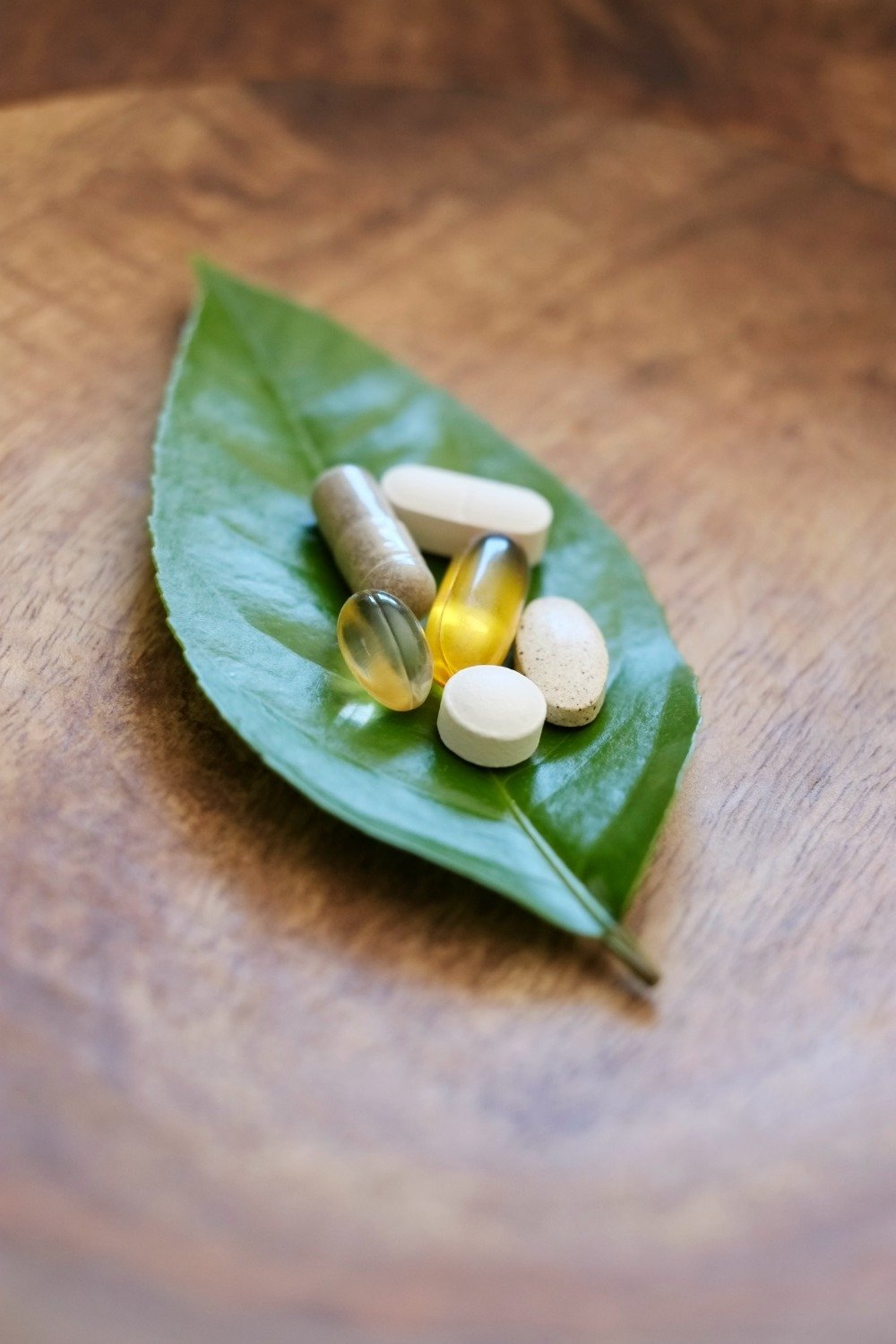
There are a number of natural supplements that you can include in your daily regiment to help prevent gas and relieve pain and discomfort caused by gas.
Natural Supplements: Activated charcoal gets rid of gas-producing toxins.
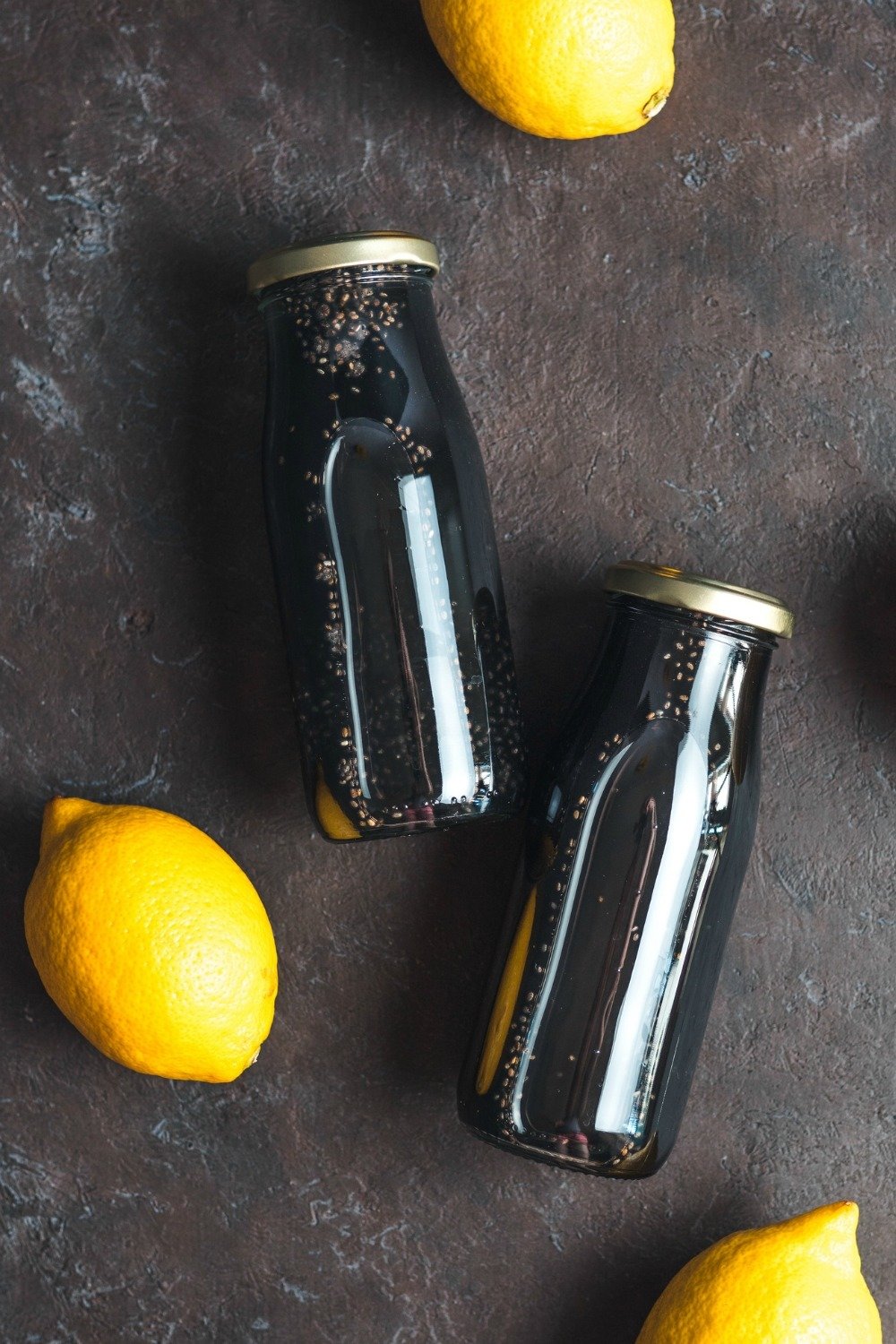
Food-grade activated charcoal can be consumed to help alleviate gas. The charcoal binds to toxins that may cause gas and other intestinal discomforts. You can purchase activated charcoal capsules at vitamin and health stores, or you can add the powder to drinks.
Natural Supplements: Apple cider vinegar promotes healthy digestion.
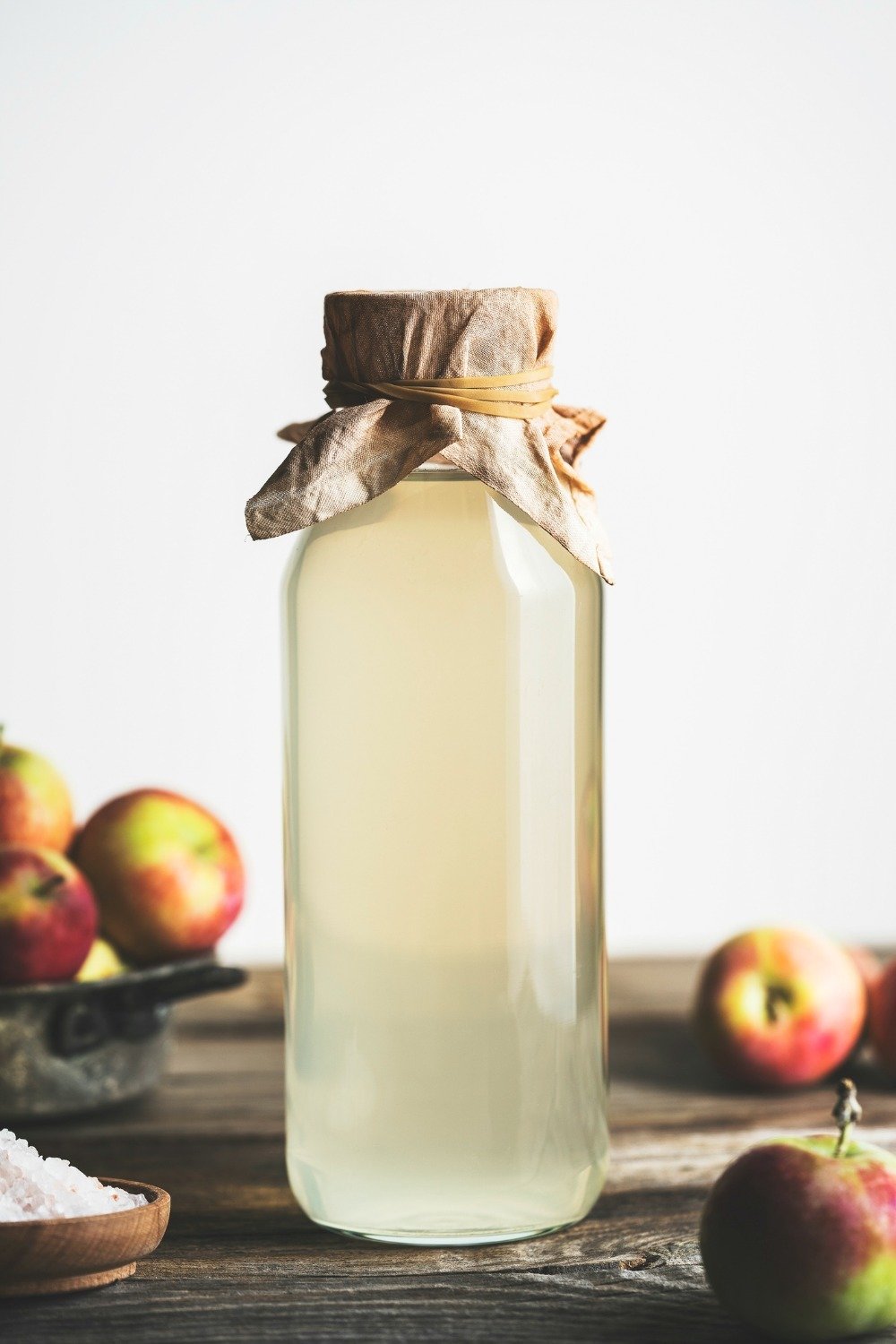
Unfiltered apple cider vinegar promotes healthy digestion which can aid in the prevention of gas as well as help relieve symptoms as they occur. You can drink a tablespoon straight, dilute it in a cup of water or take apple cider vinegar tablets.
Probiotics: Probiotics promote gut health.
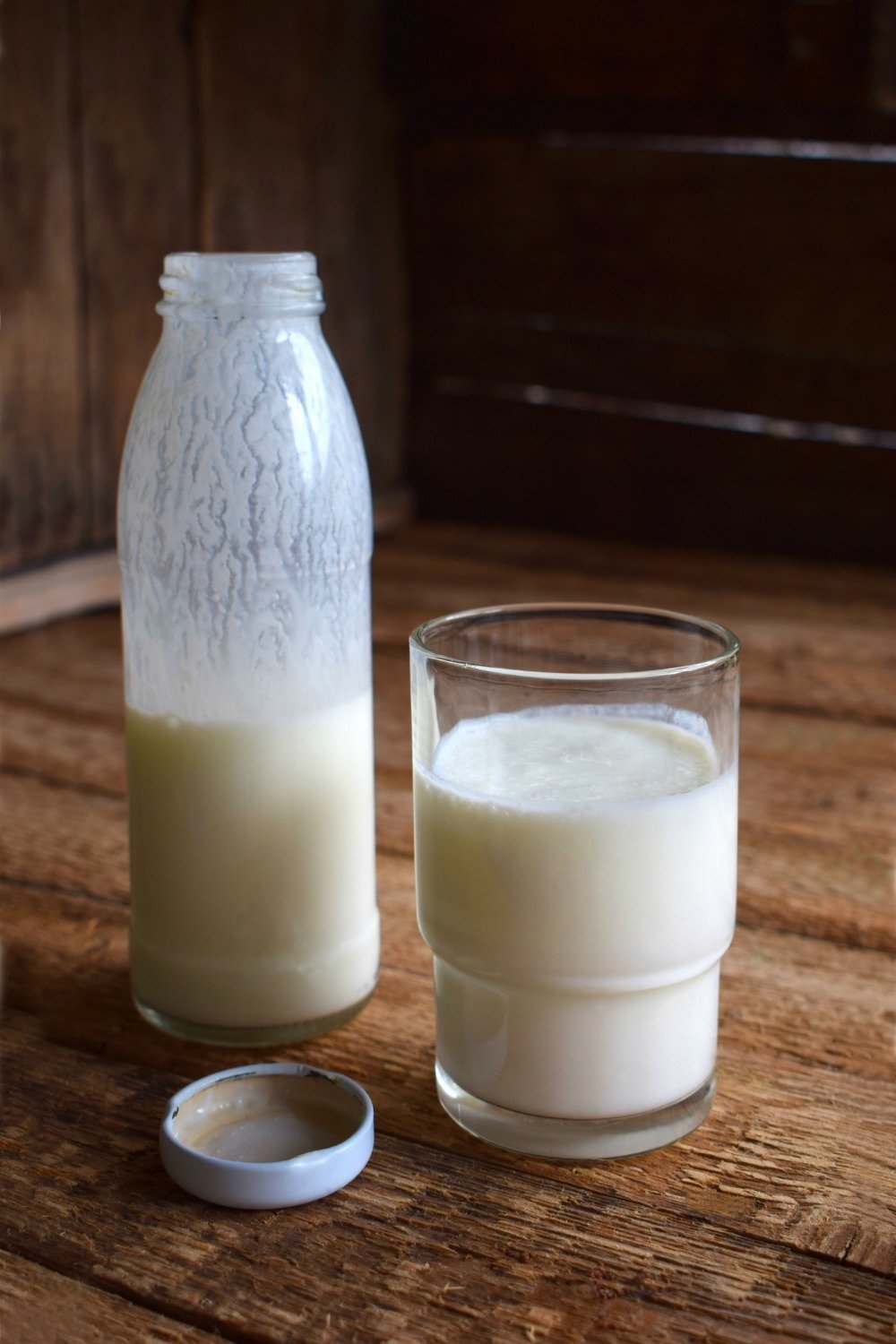
Probiotics which naturally occur in certain foods and can also be purchased as a supplement, promote a healthy gut and proper digestion which can keep gas at bay.
Probiotics: Kefir is a great source of probiotics.
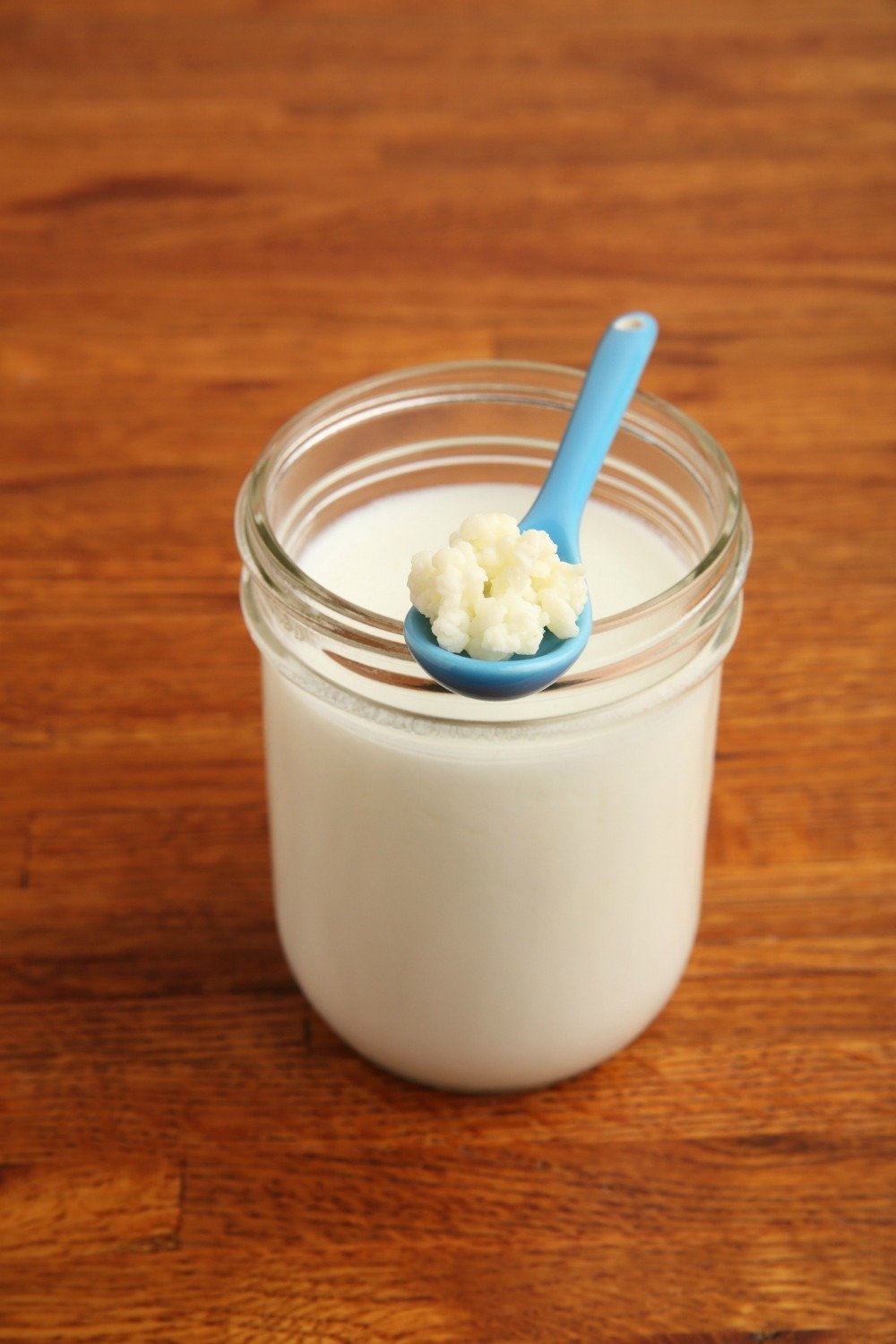
Kefir is a fermented cow's milk product and as such, it's loaded with gut-healthy probiotics that can help prevent and alleviate gas.
Probiotics: Eat fermented foods for the probiotics.

Fermented foods like kimchi, sauerkraut, pickled veggies and tempeh are also excellent and tasty sources of probiotics.
Lifestyle Changes: Shifting to a healthier lifestyle can make a big difference.

Certain lifestyle changes can almost entirely eliminate gas issues for many people. Eliminating processed food, staying hydrated and exercising regularly are all beneficial.
Lifestyle Changes: Switch to room temperature drinks.
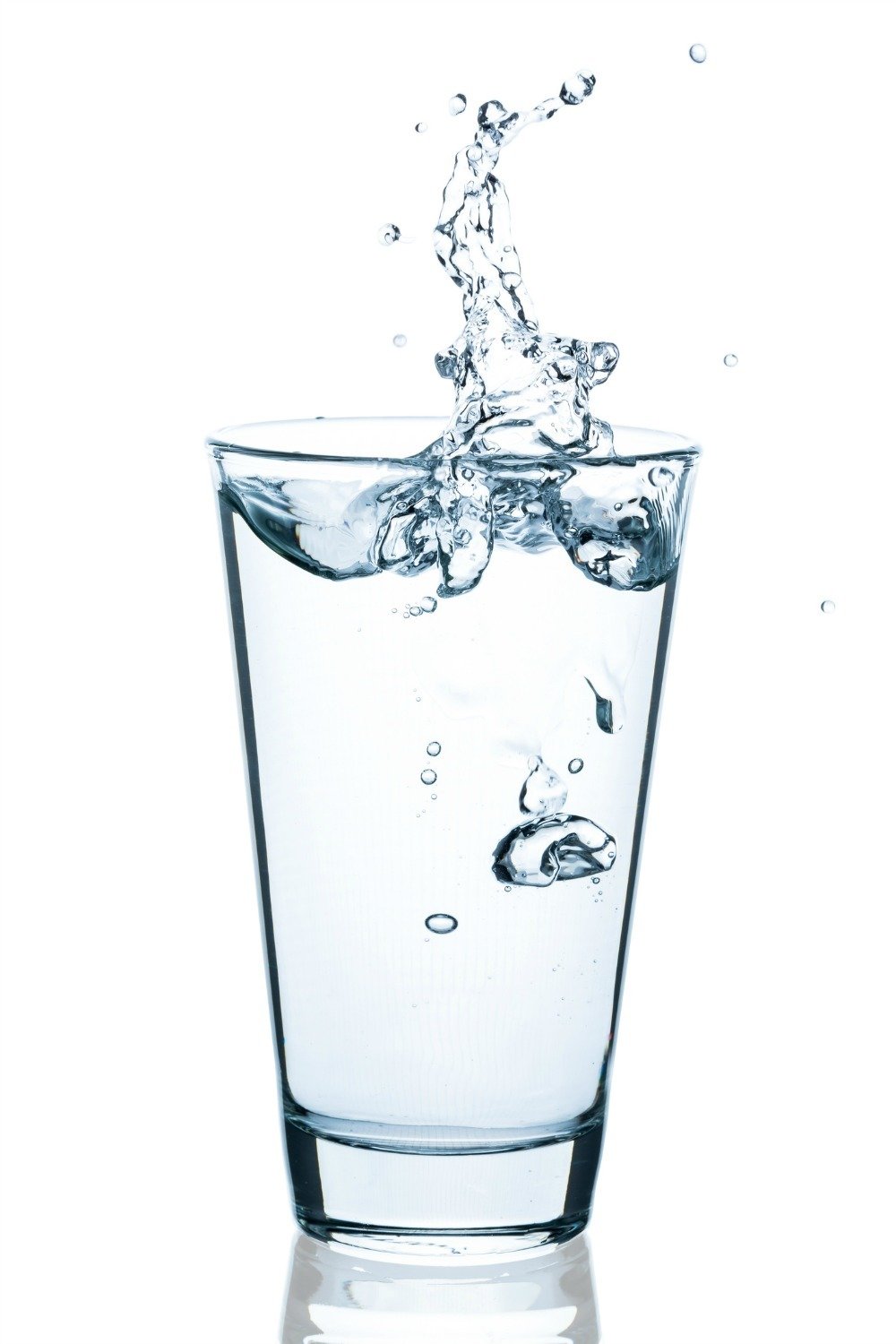
Very hot or very cold drinks are known to trigger gas. Instead skip the ice and let hot beverages cool a bit before you drink them.
Lifestyle Changes: Stop holding it in!

Holding in gas is only going to make you hurt more. Sometimes the gas can even become trapped from holding it in for so long and then you'll really be in pain! Excuse yourself to a private place and let it out. You'll feel so much better!
Lifestyle Changes: Drink more water.

Drinking enough water is good for lots of things, including digestion. Drinking plenty of water throughout helps your digestive system work more efficiently, reducing the risk of painful gas.
Lifestyle Changes: Serve yourself smaller portions.
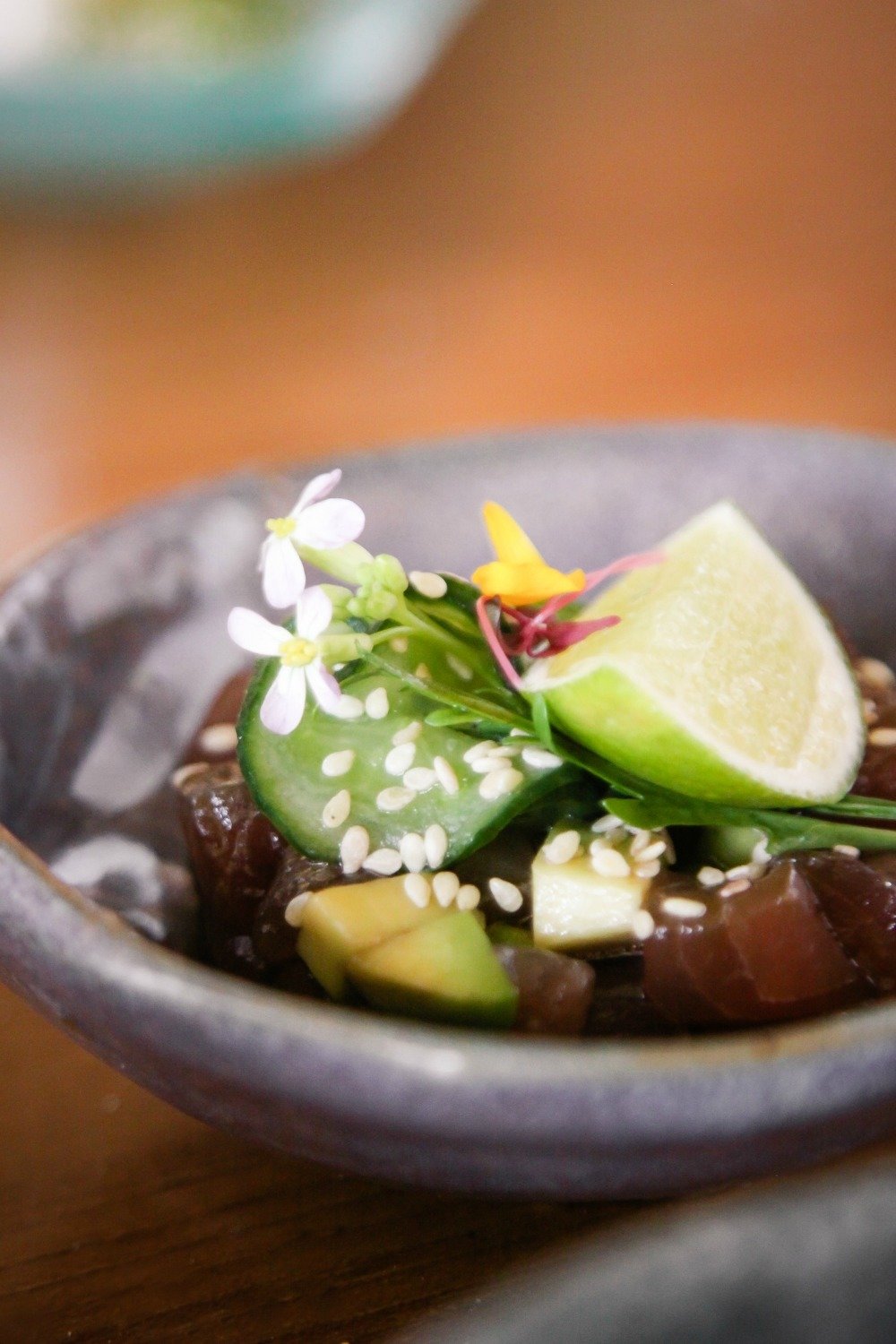
Eating smaller portions more frequently throughout the day is easier on the digestive system, which can help reduce the chances of developing painful gas.
Lifestyle Changes: Certain yoga poses relieve gas.

Movement in general is good for easing out gas, but there are certain yoga poses that can do the trick quickly. There's even a pose specifically referred to as "wind relieving pose."
Lifestyle Changes: Regular exercise can prevent uncomfortable gas.

Getting regular exercise–walking, jogging, calisthenics and more–can both help prevent the build up of gas and help relieve it when it occurs.
Lifestyle Changes: Eat more slowly.

Eating too quickly can cause you to ingest more air which translates to painful gas. Slow it down and chew well to prevent it.
Lifestyle Changes: Kick your soda habit.
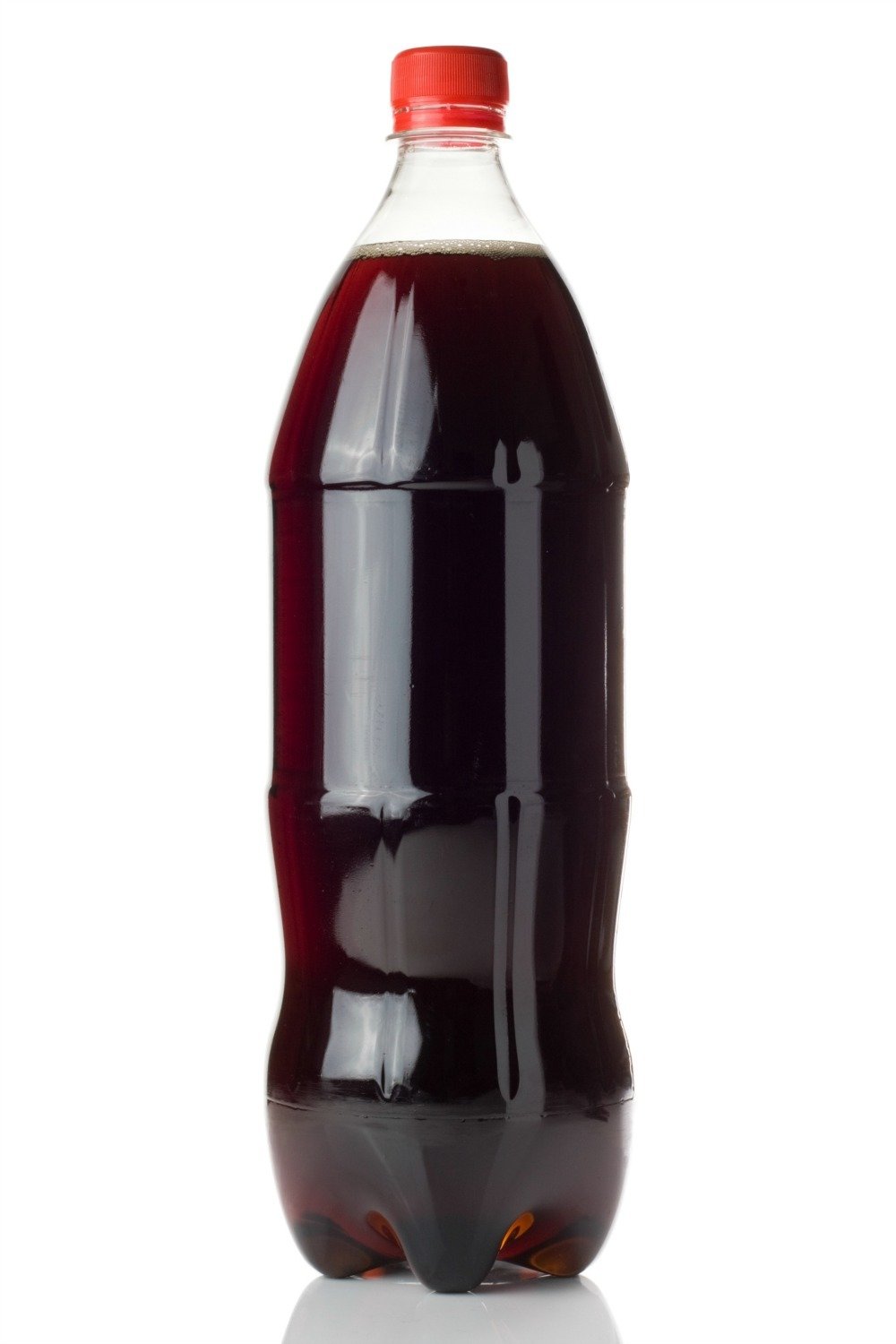
Between the carbonation and all that sugar, soda can be a major gas-causing culprit. Ditch it and stick to water and herbal tea to reduce your risk of getting gassy.

